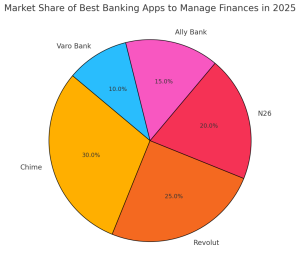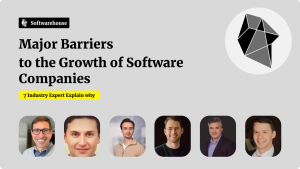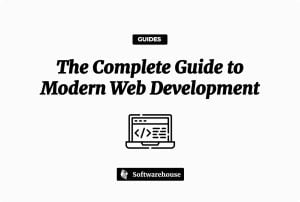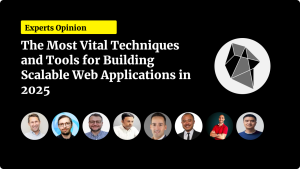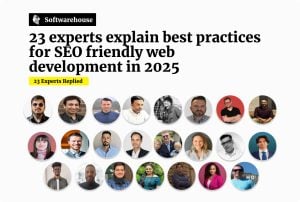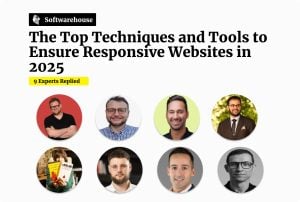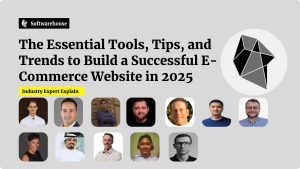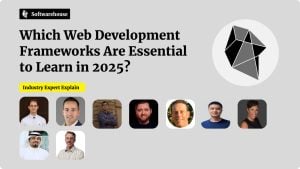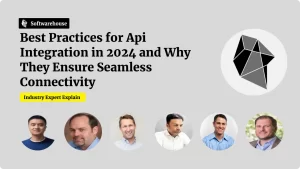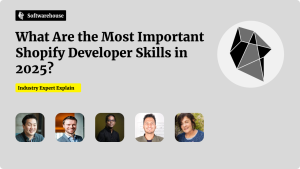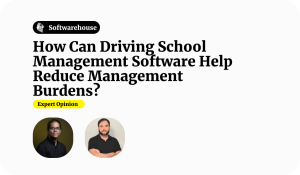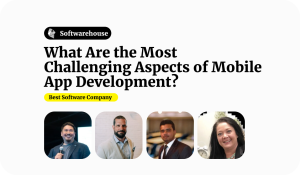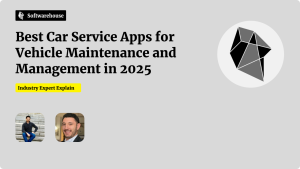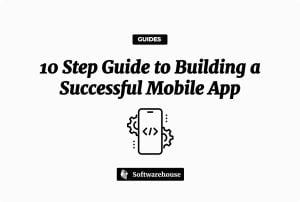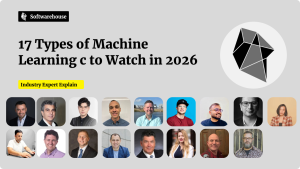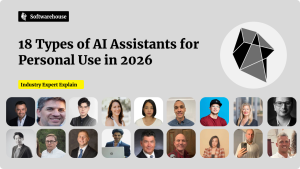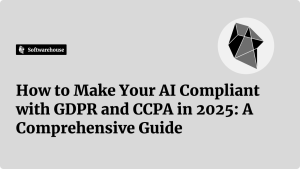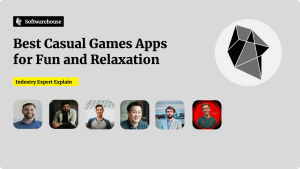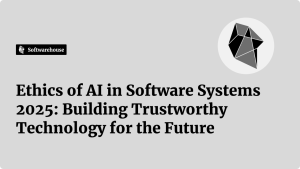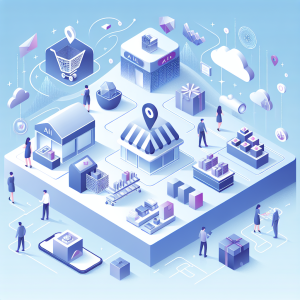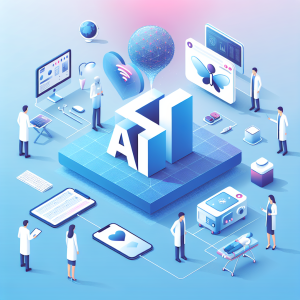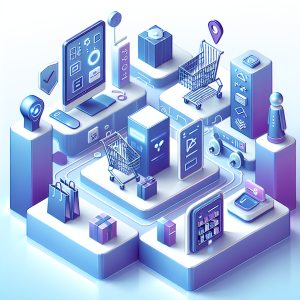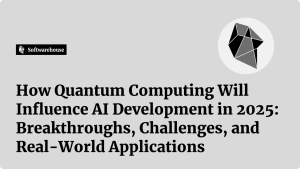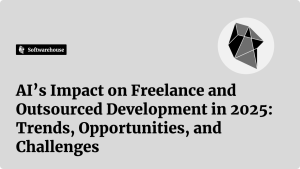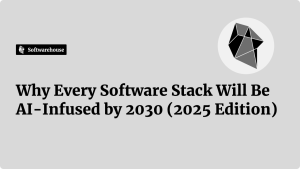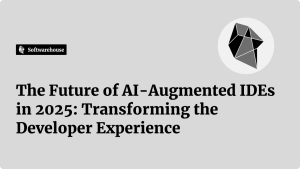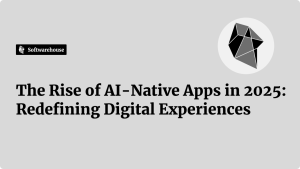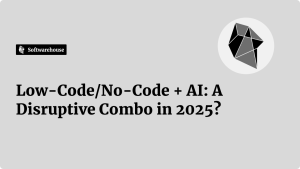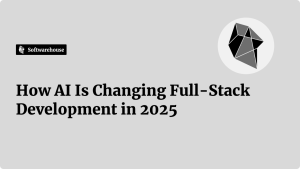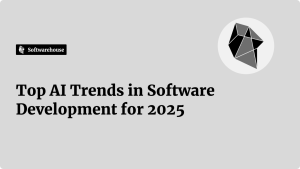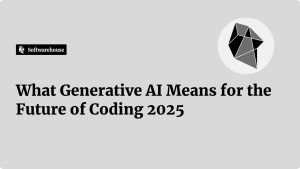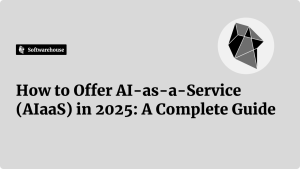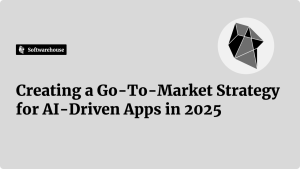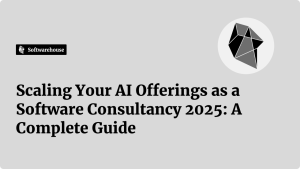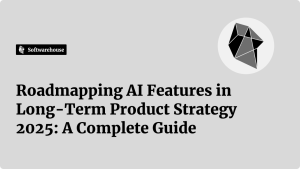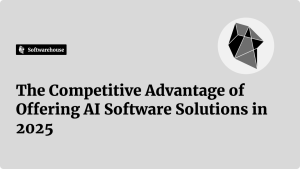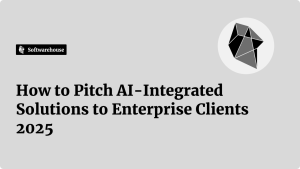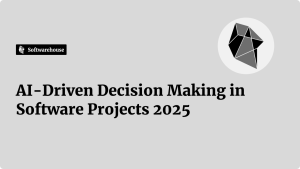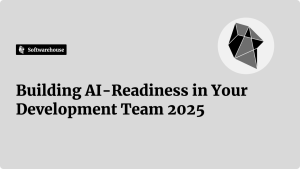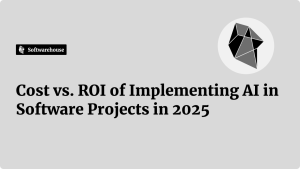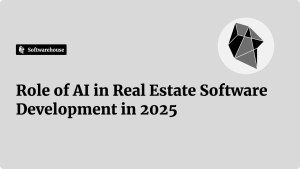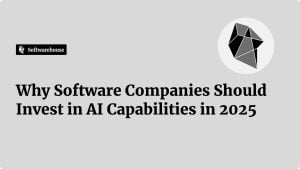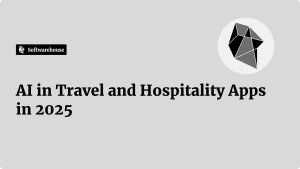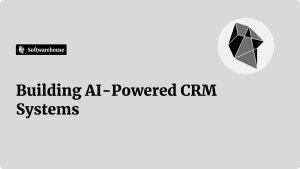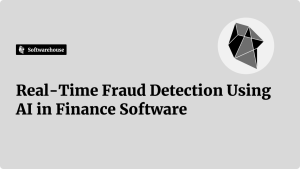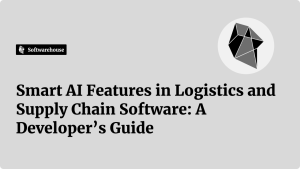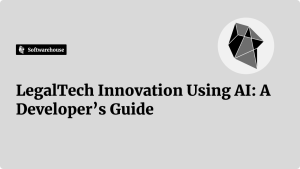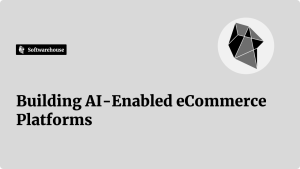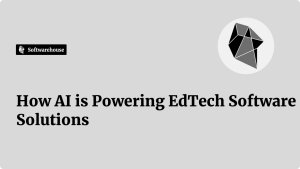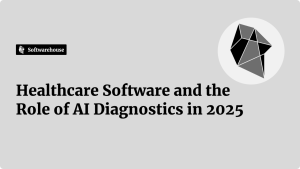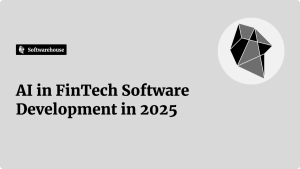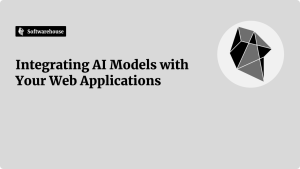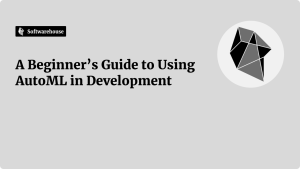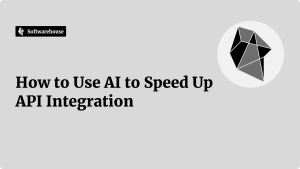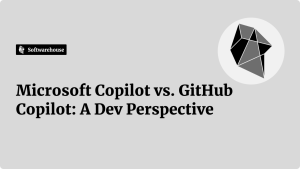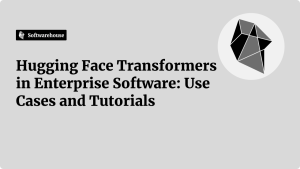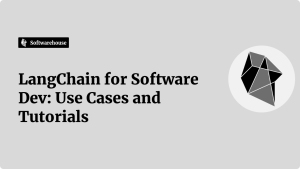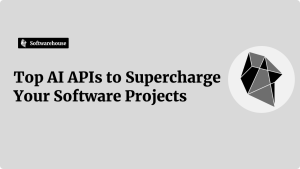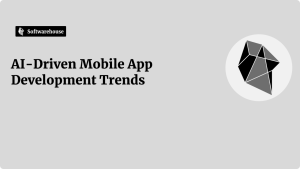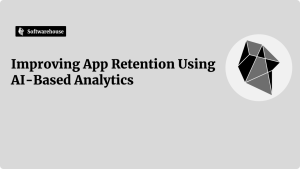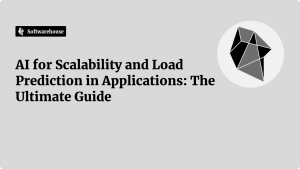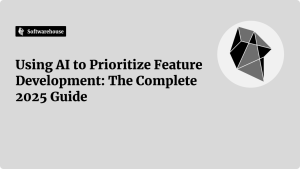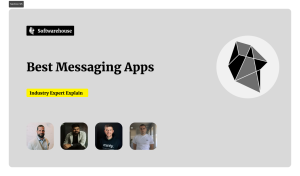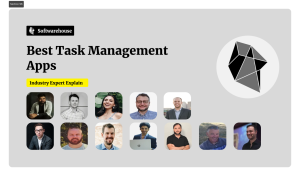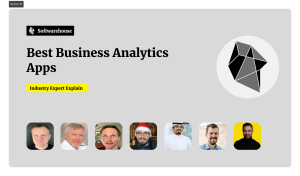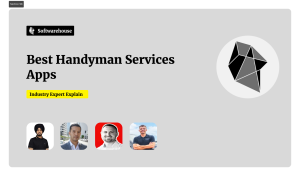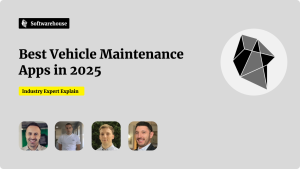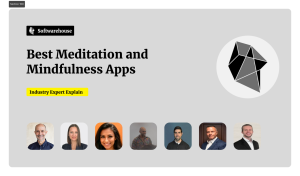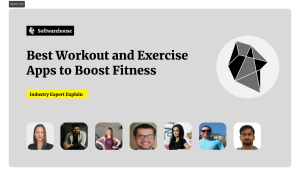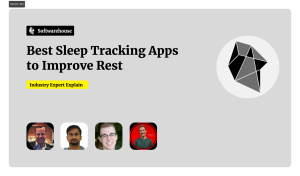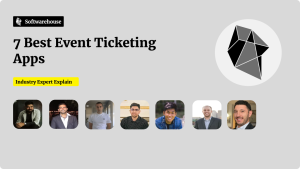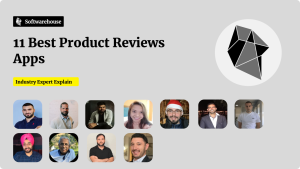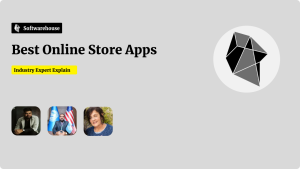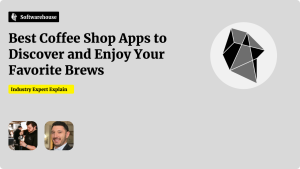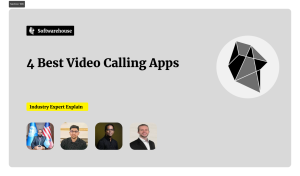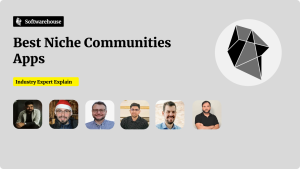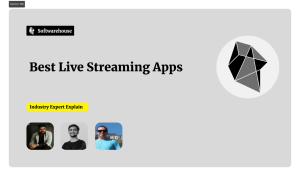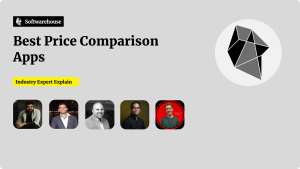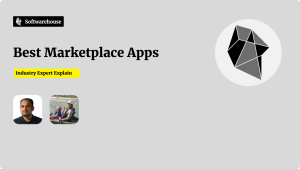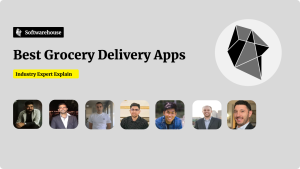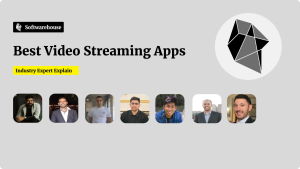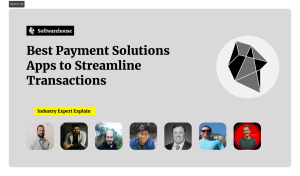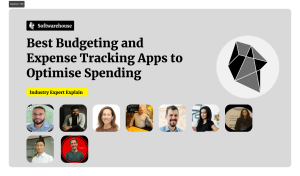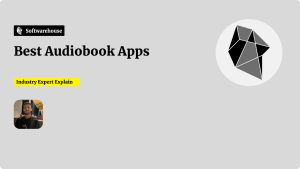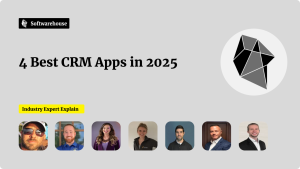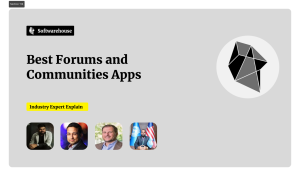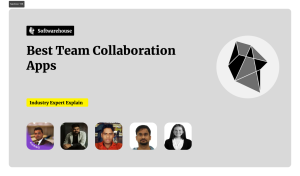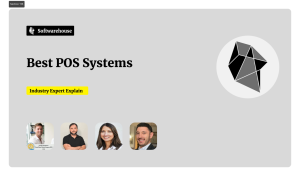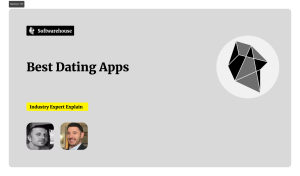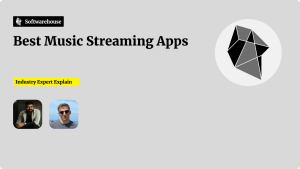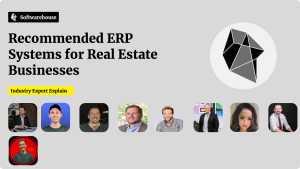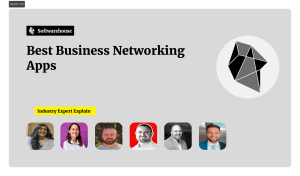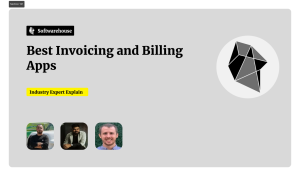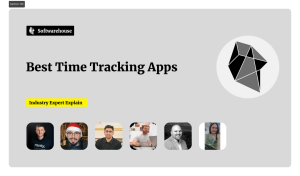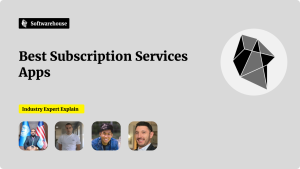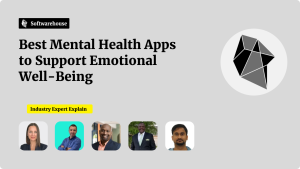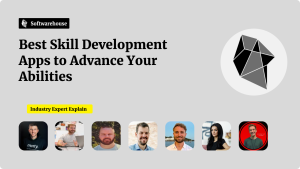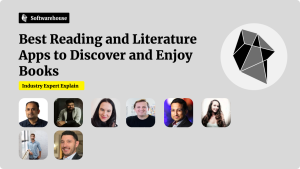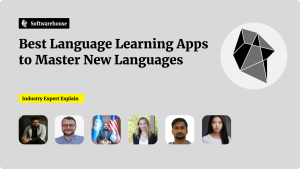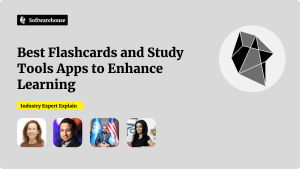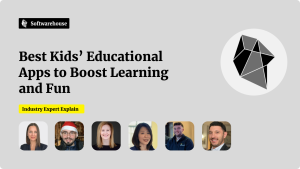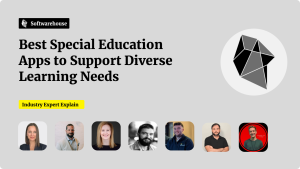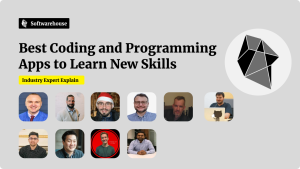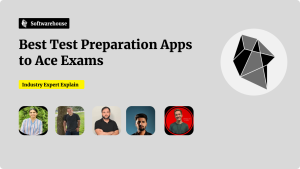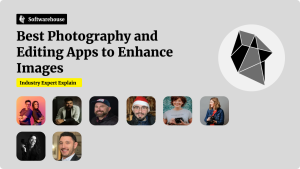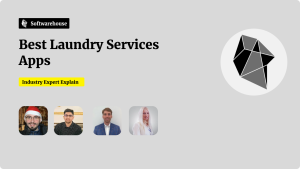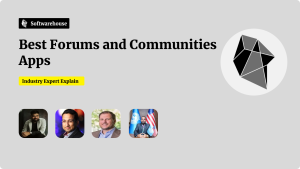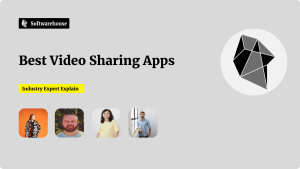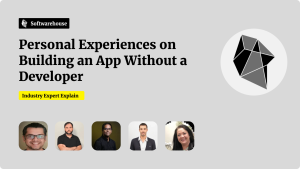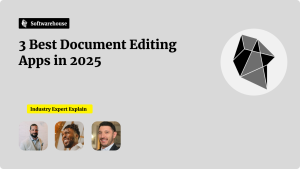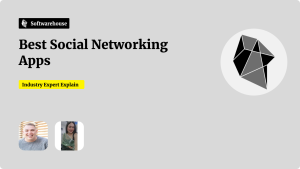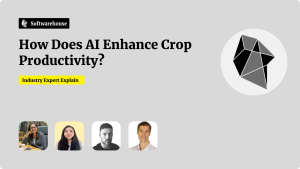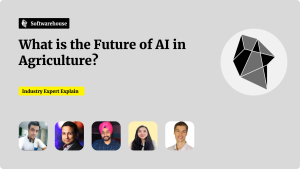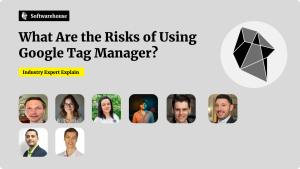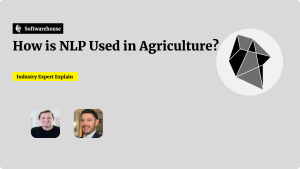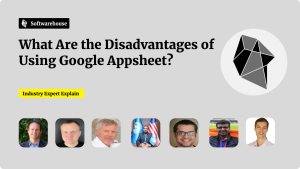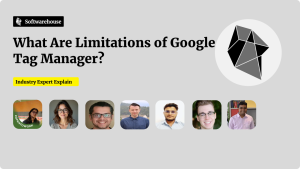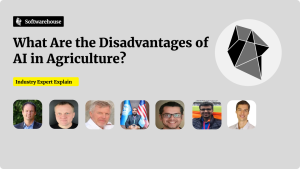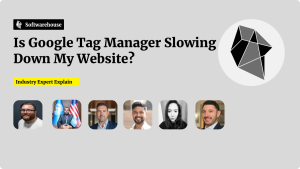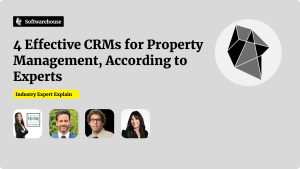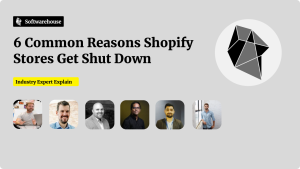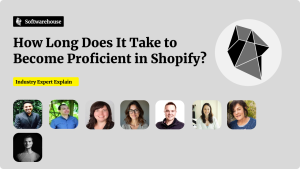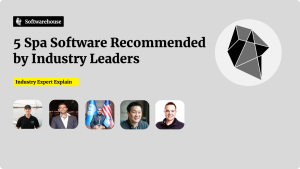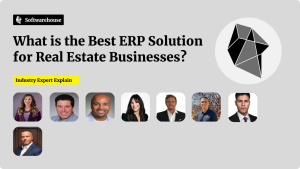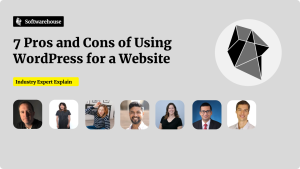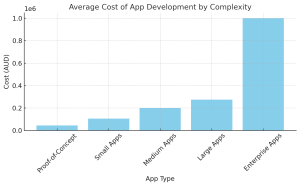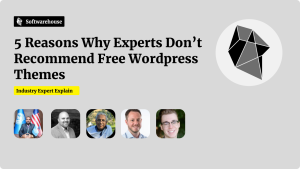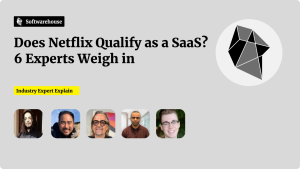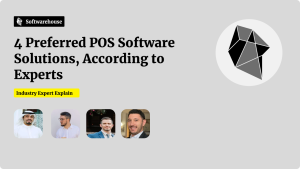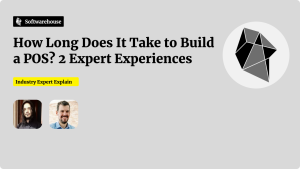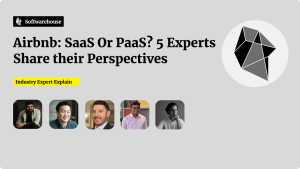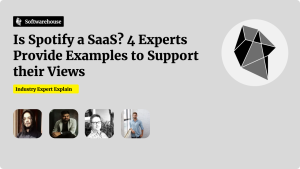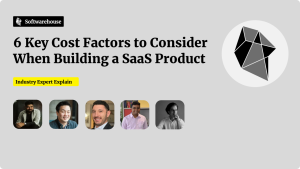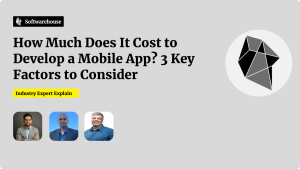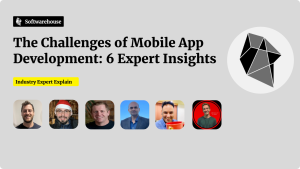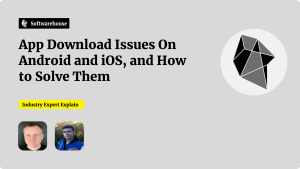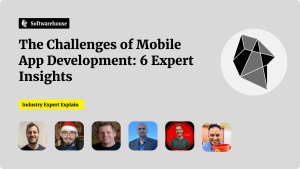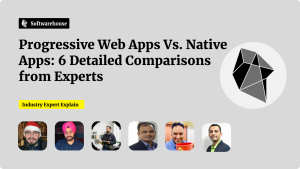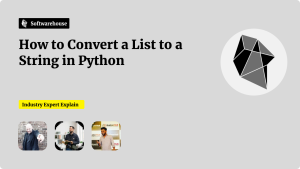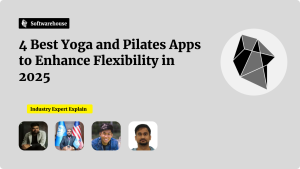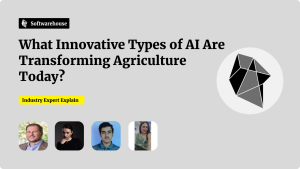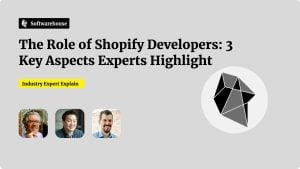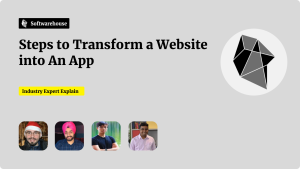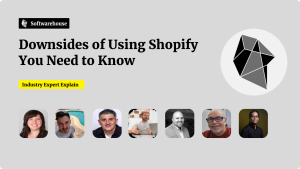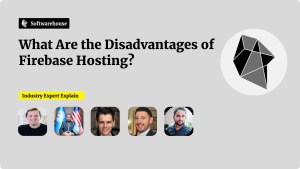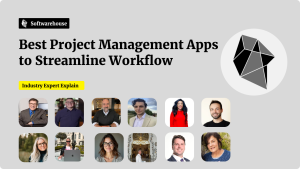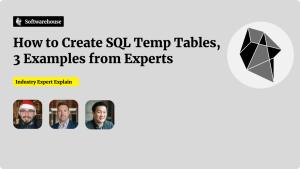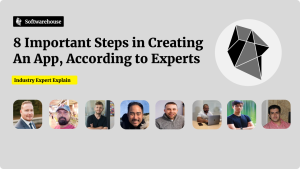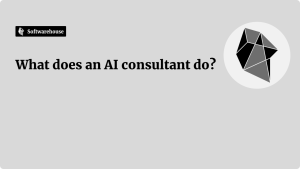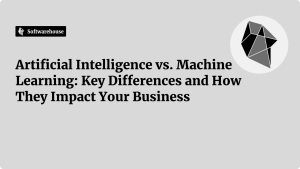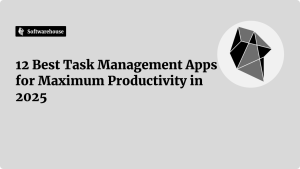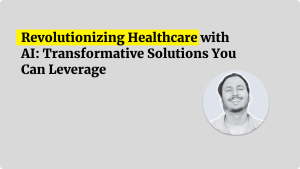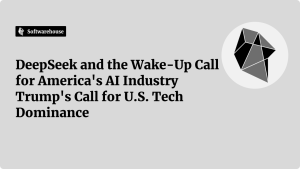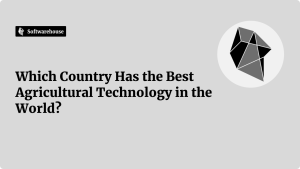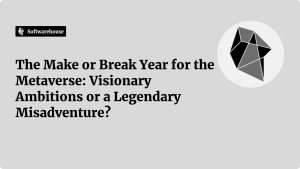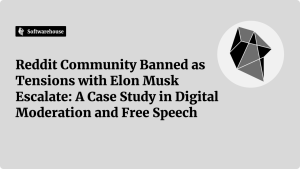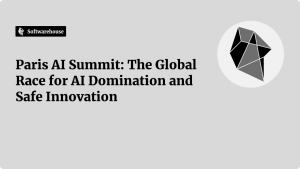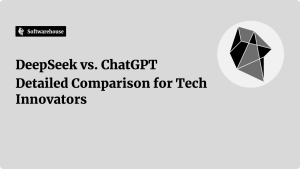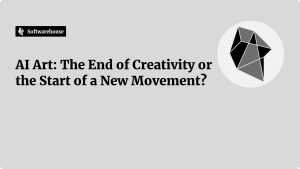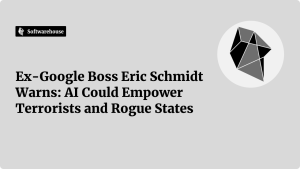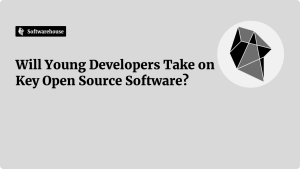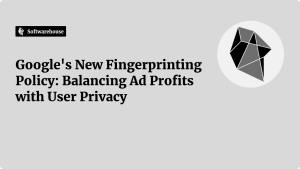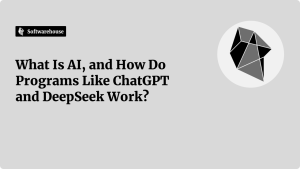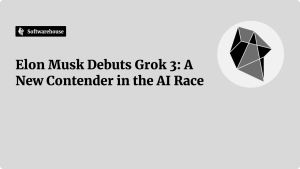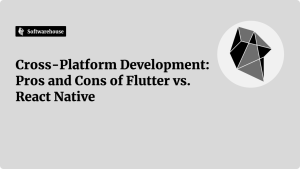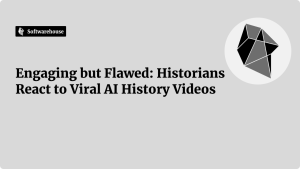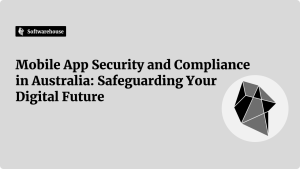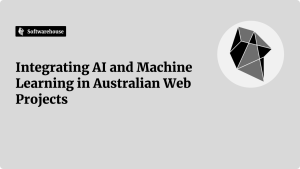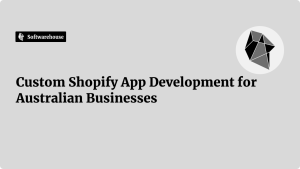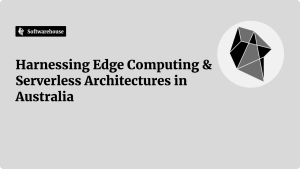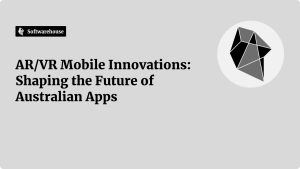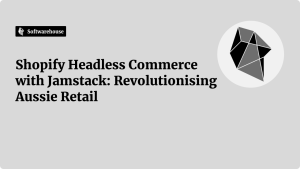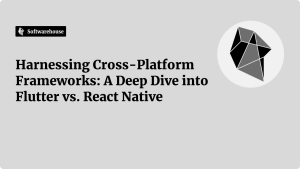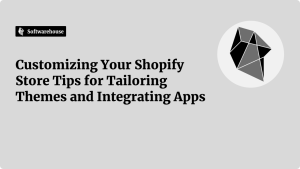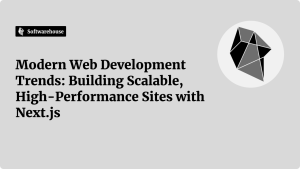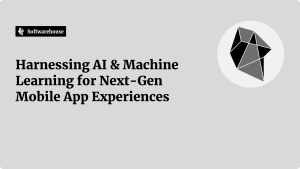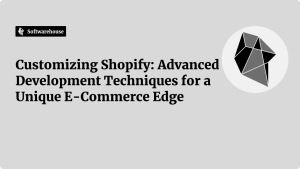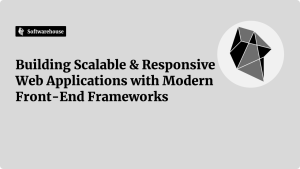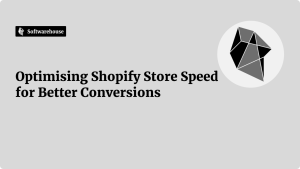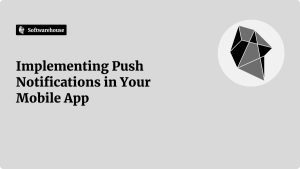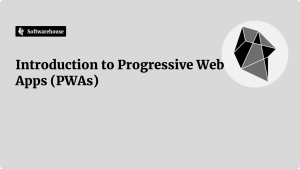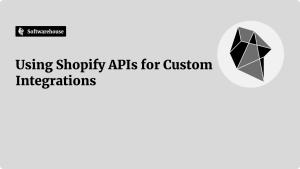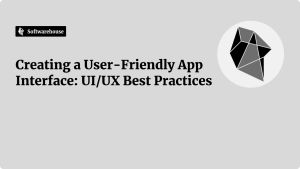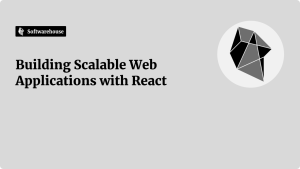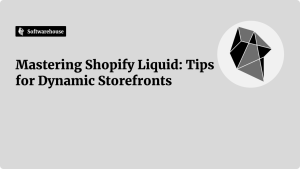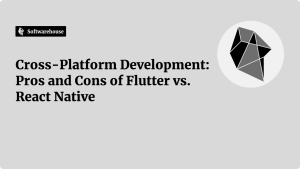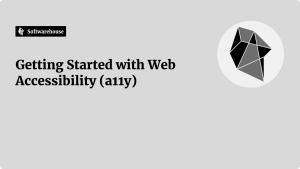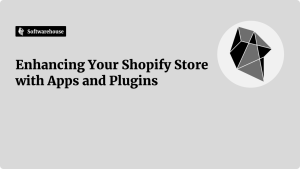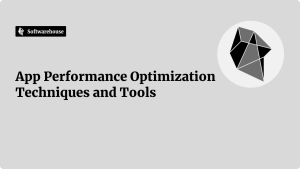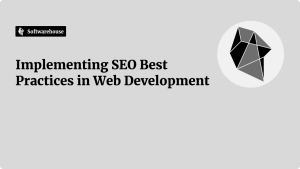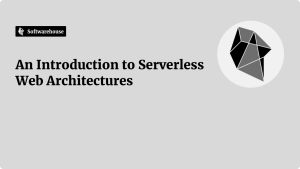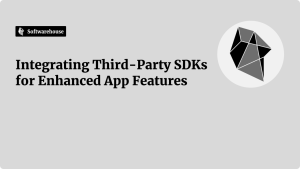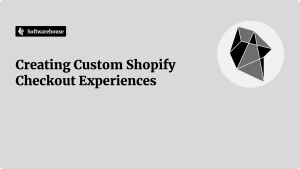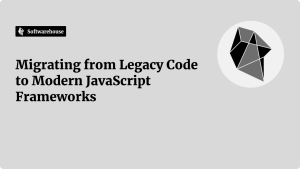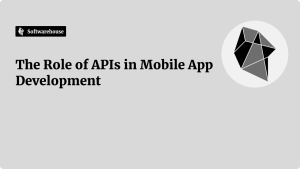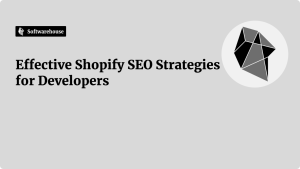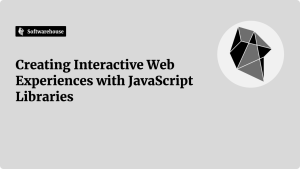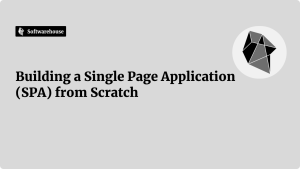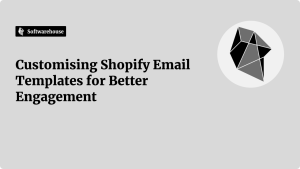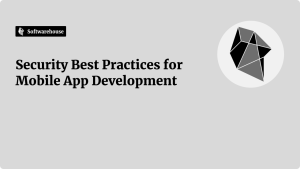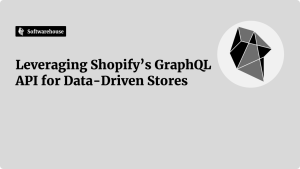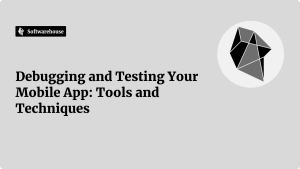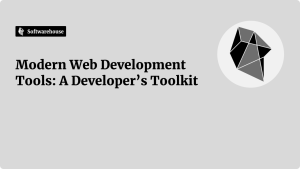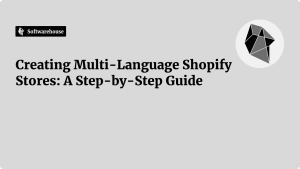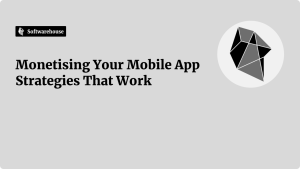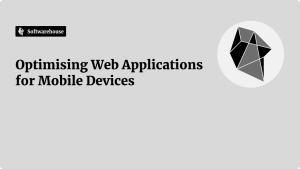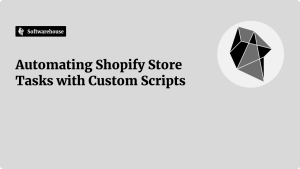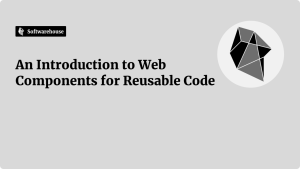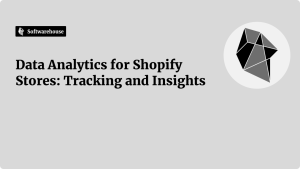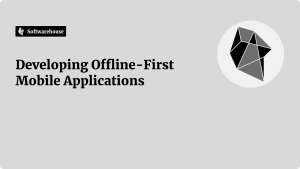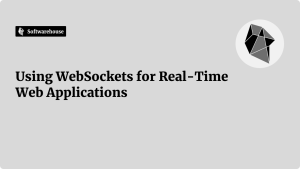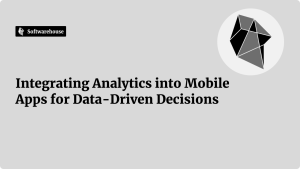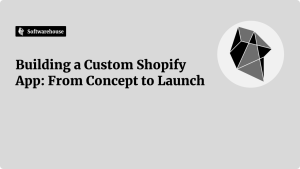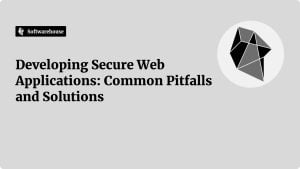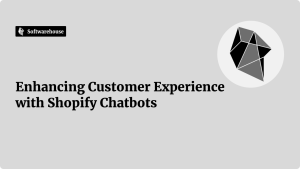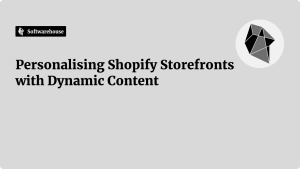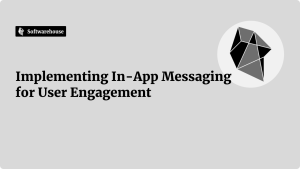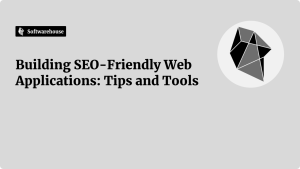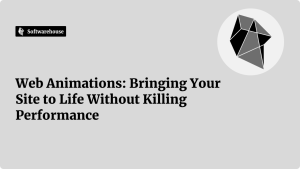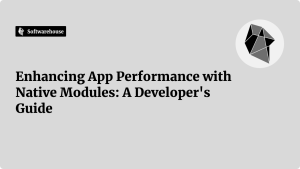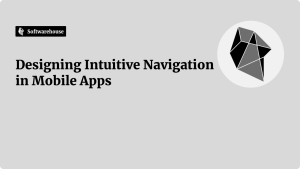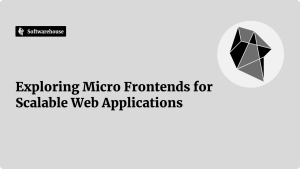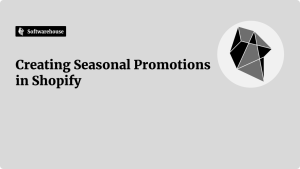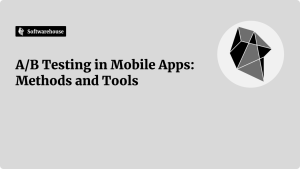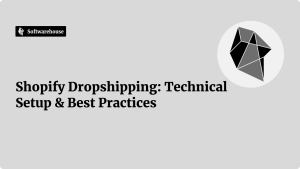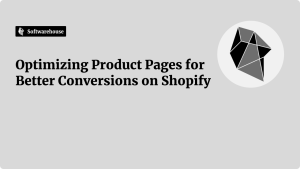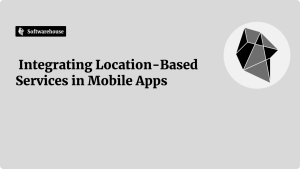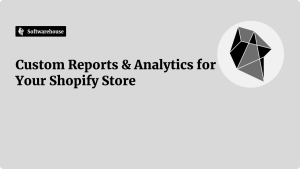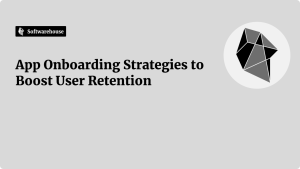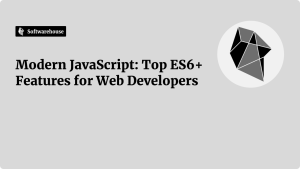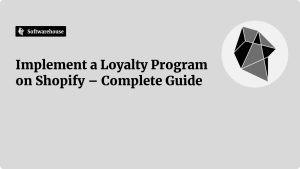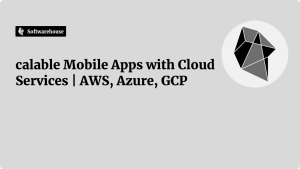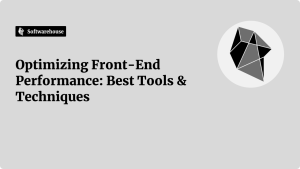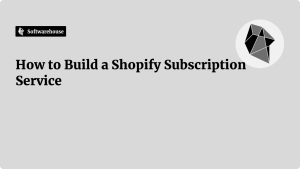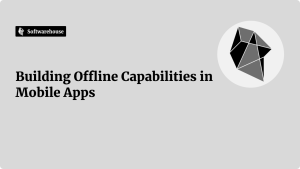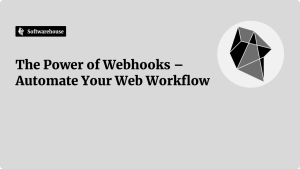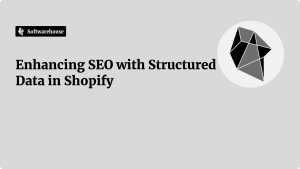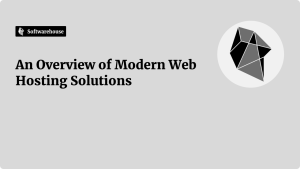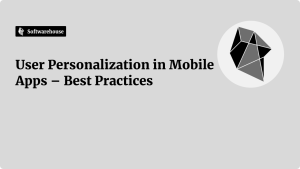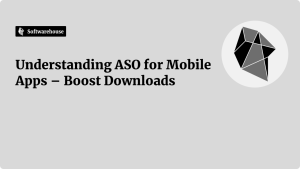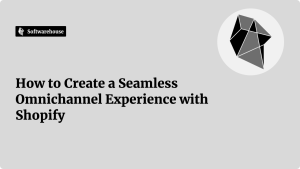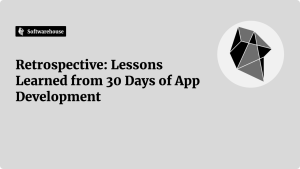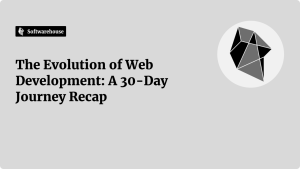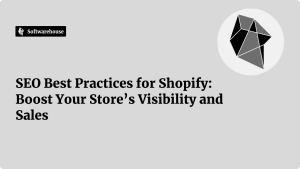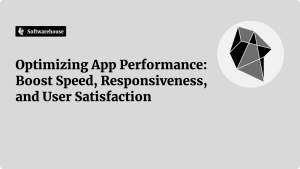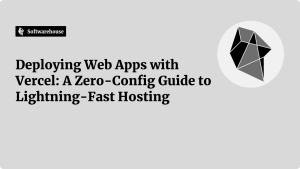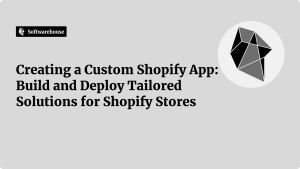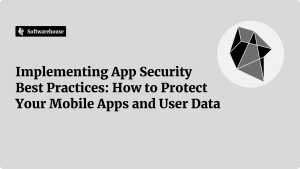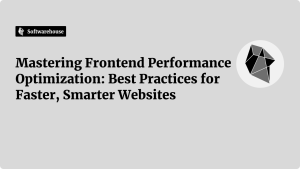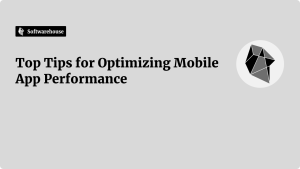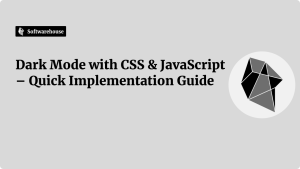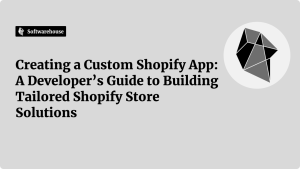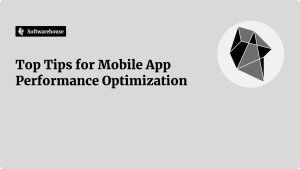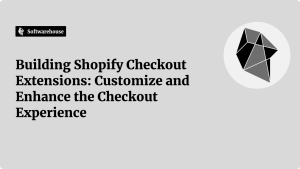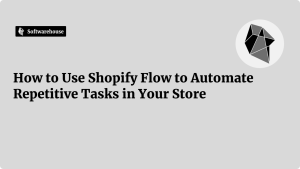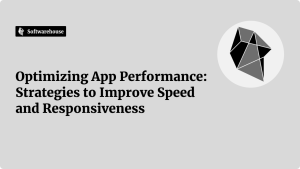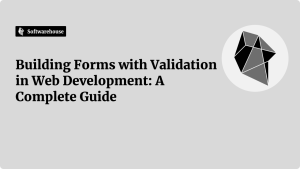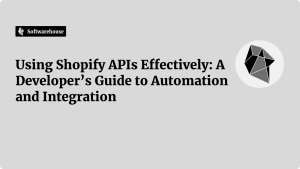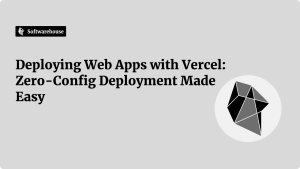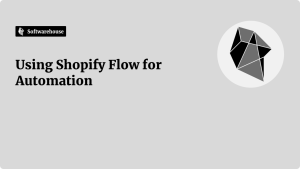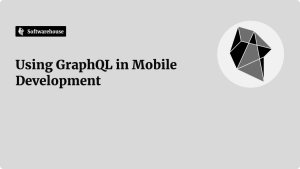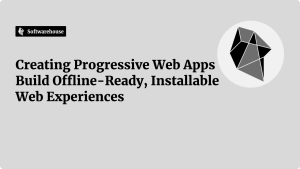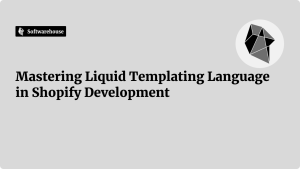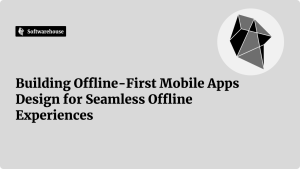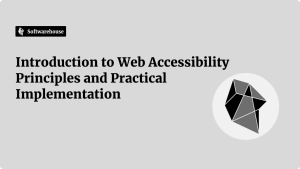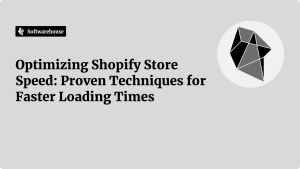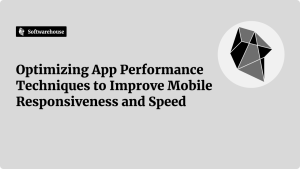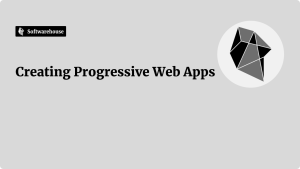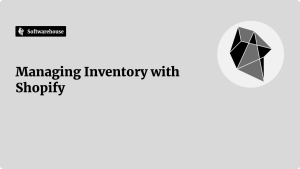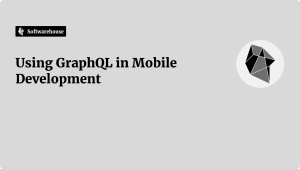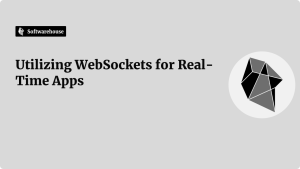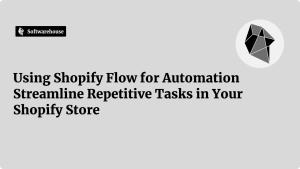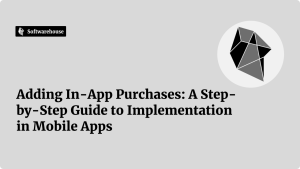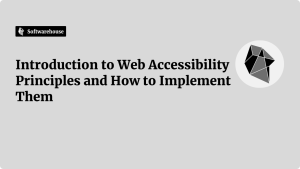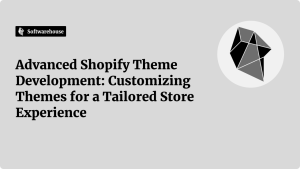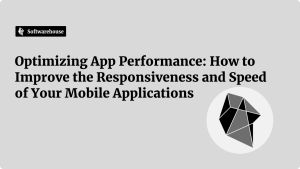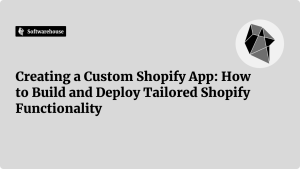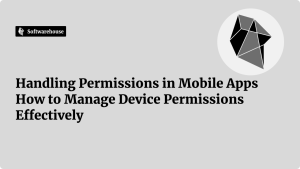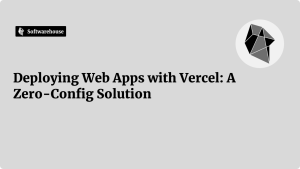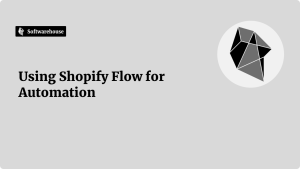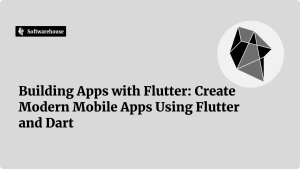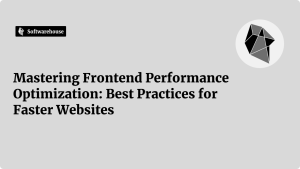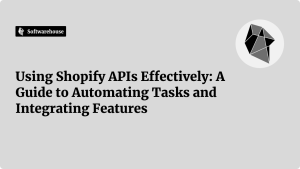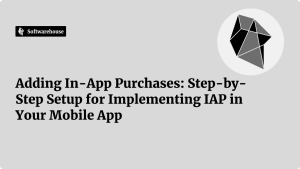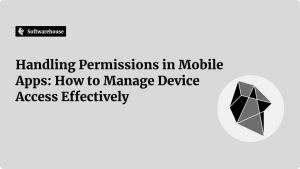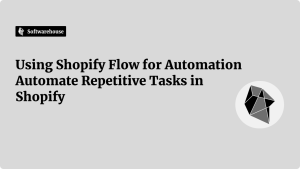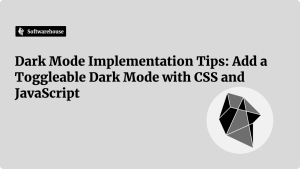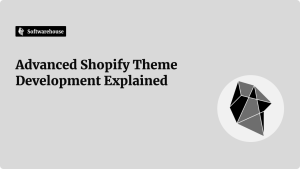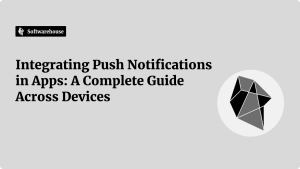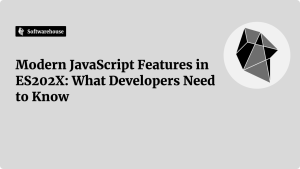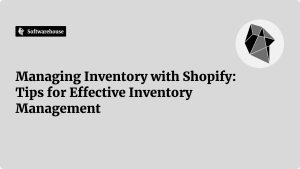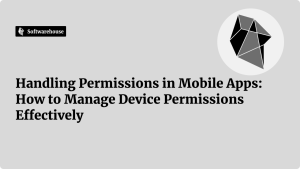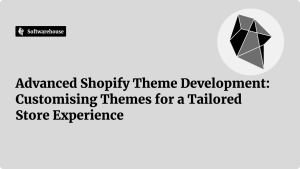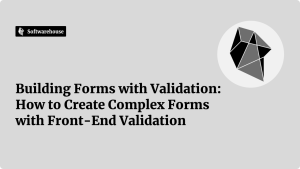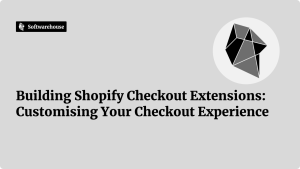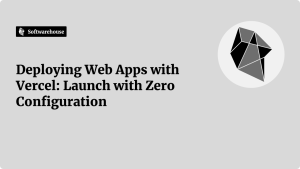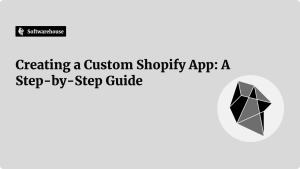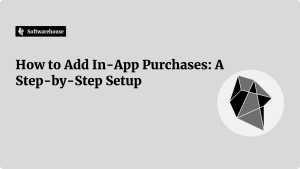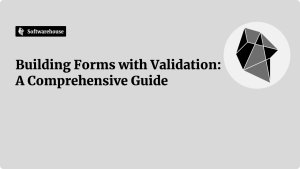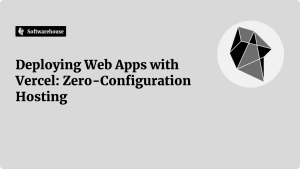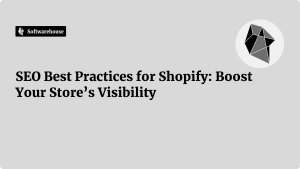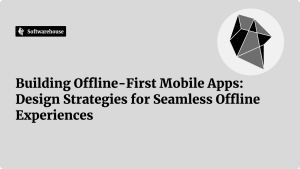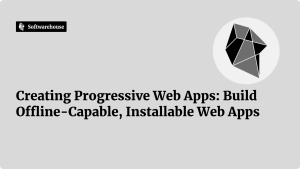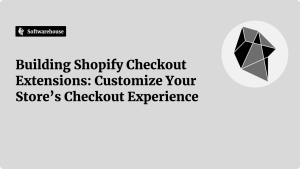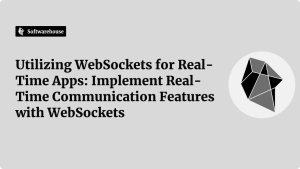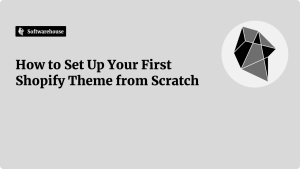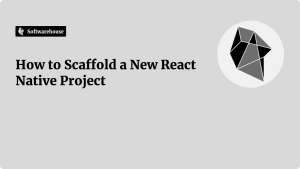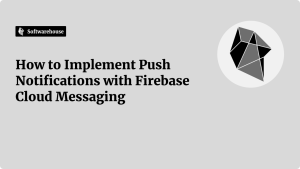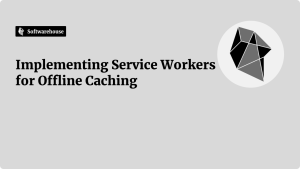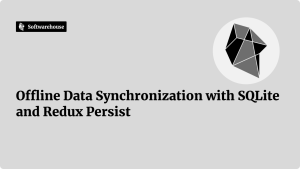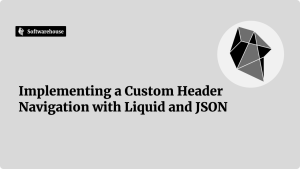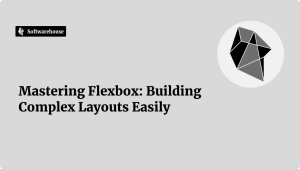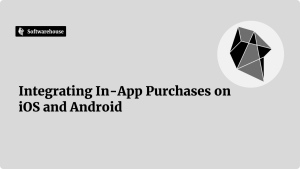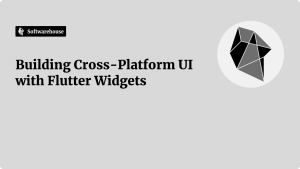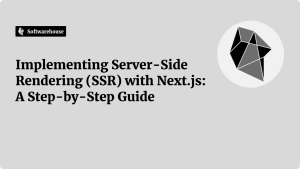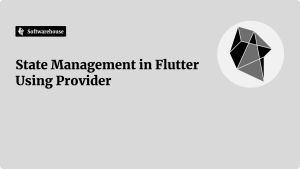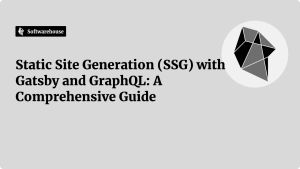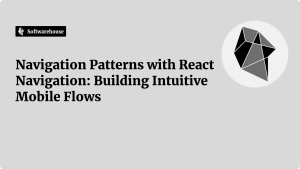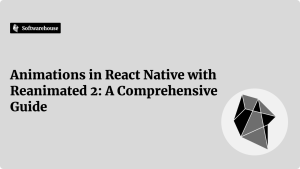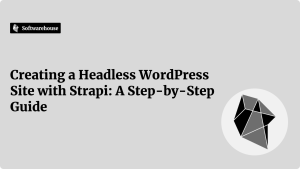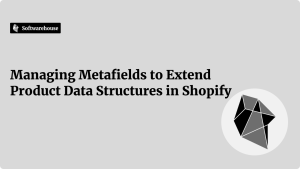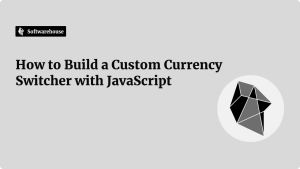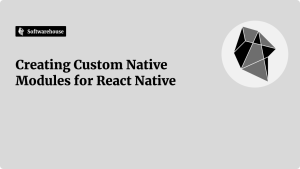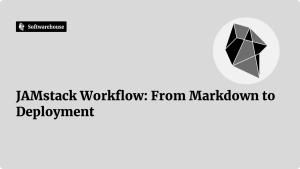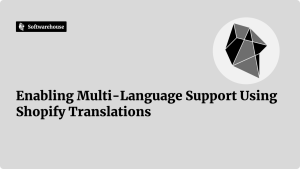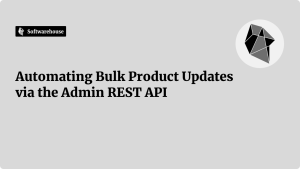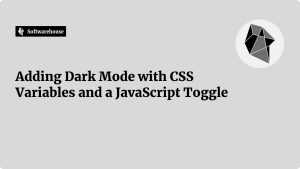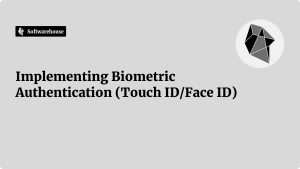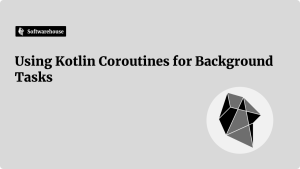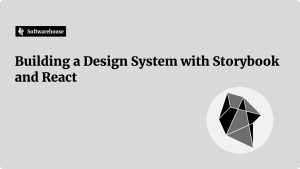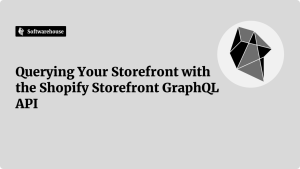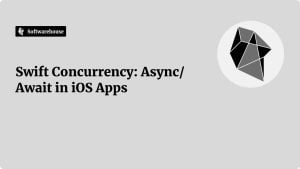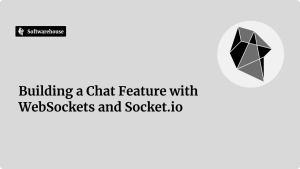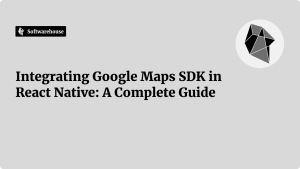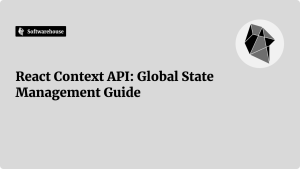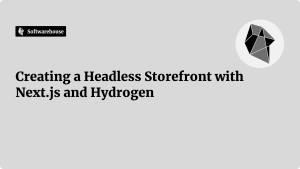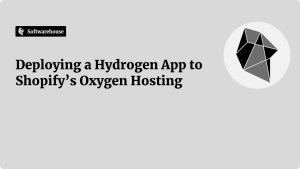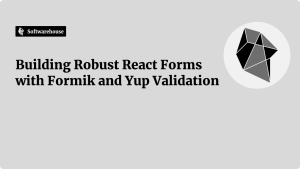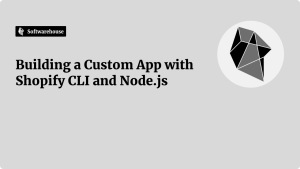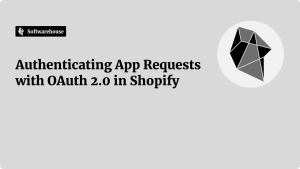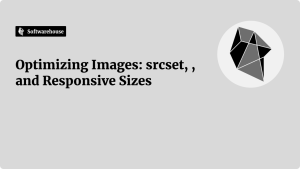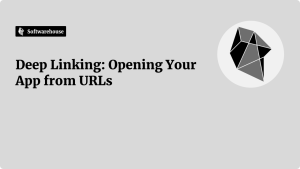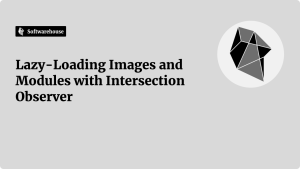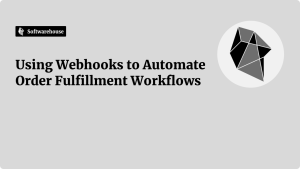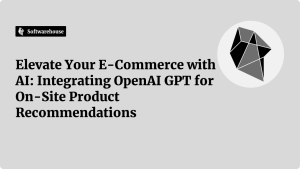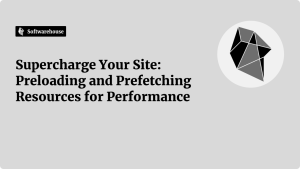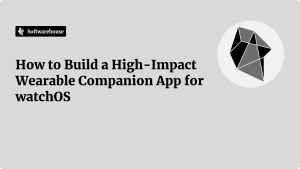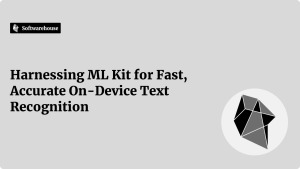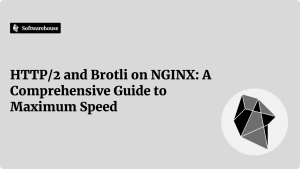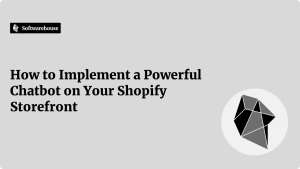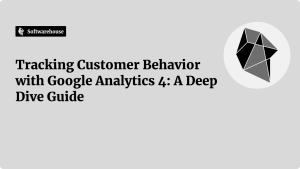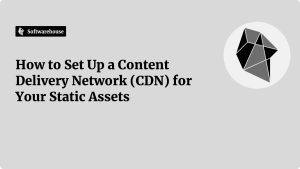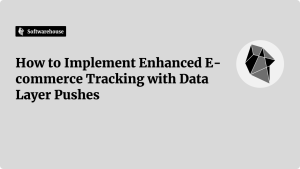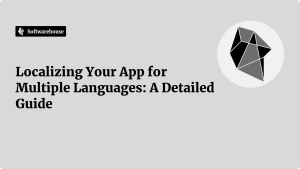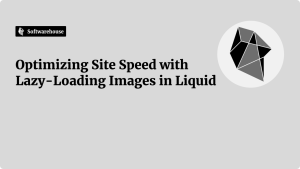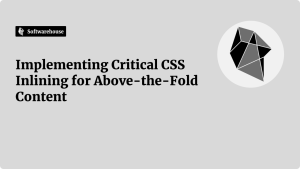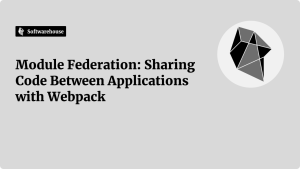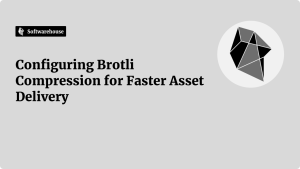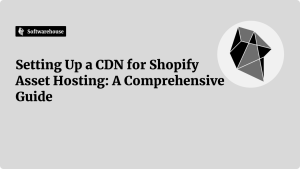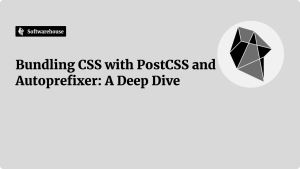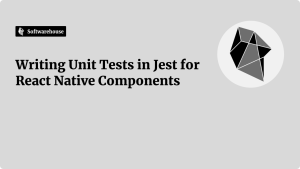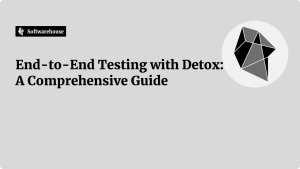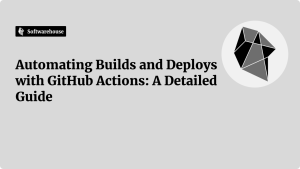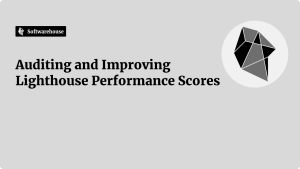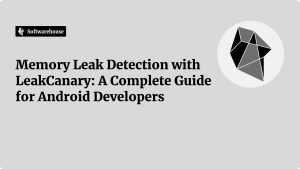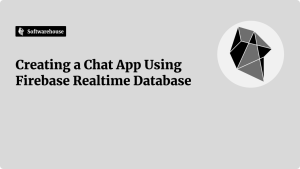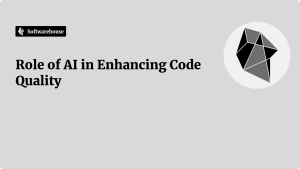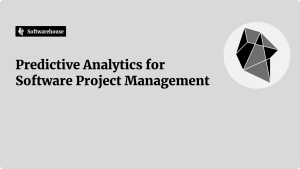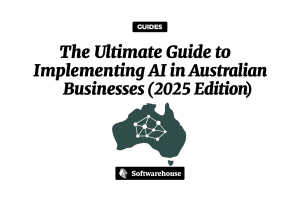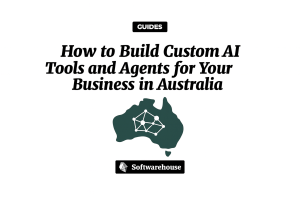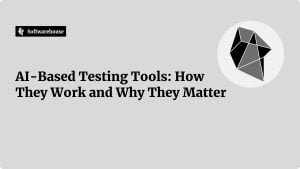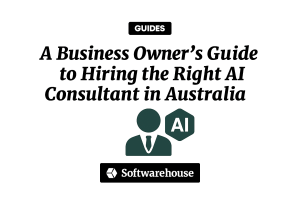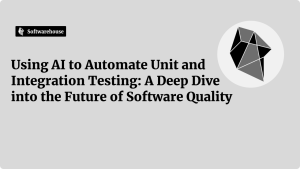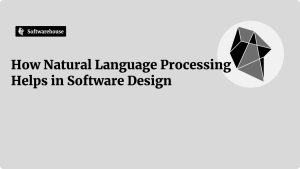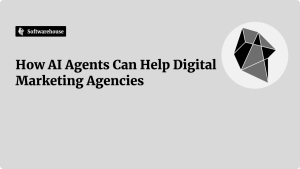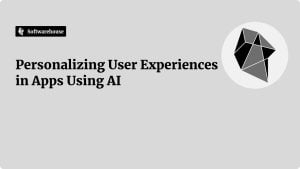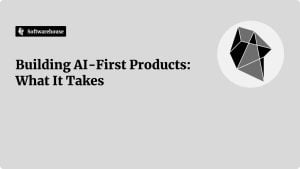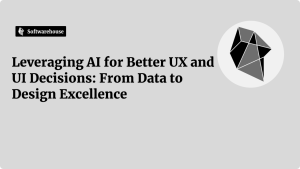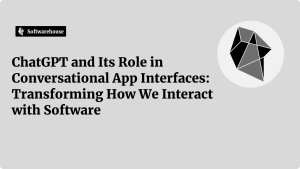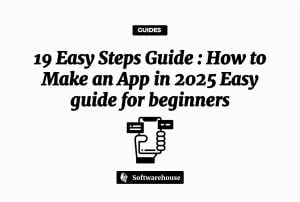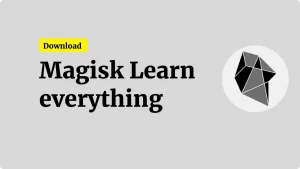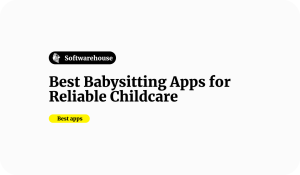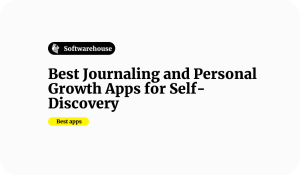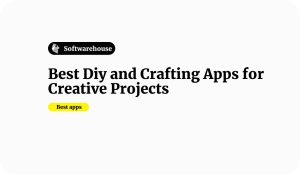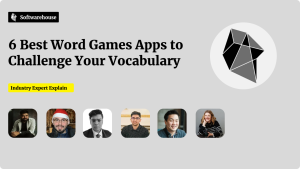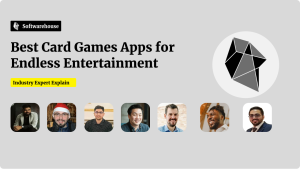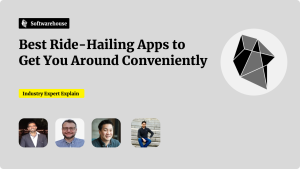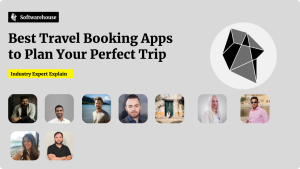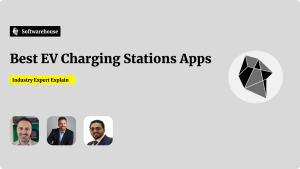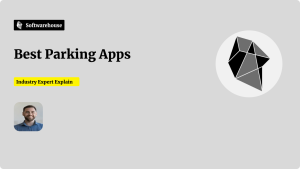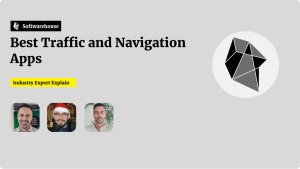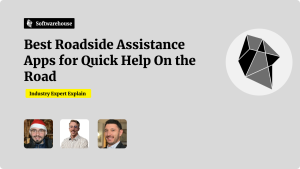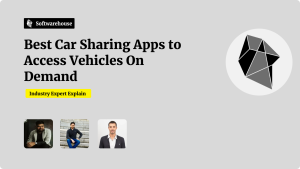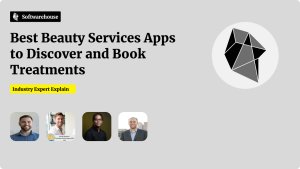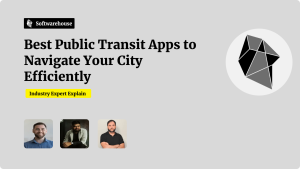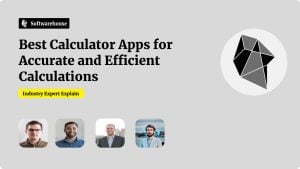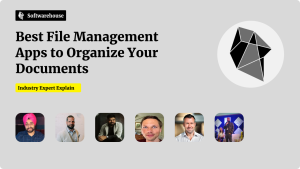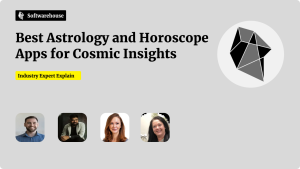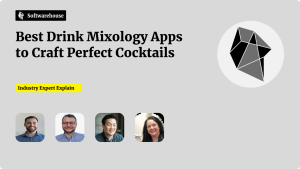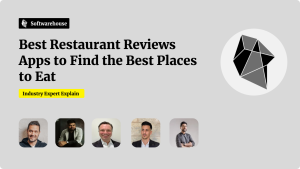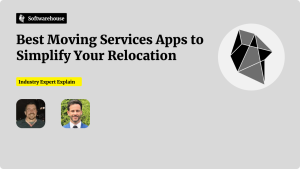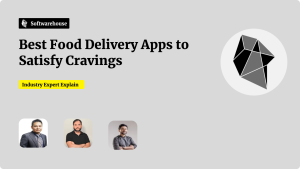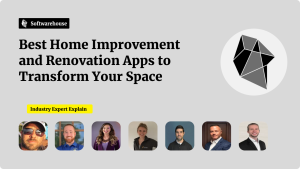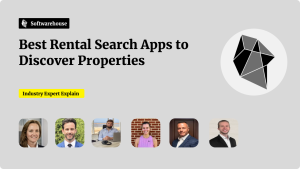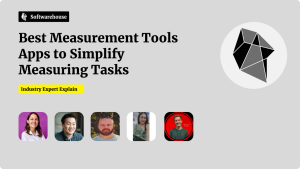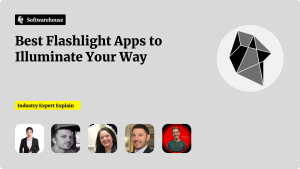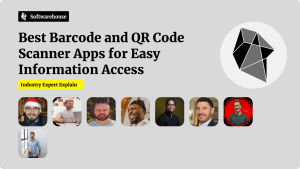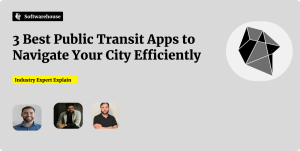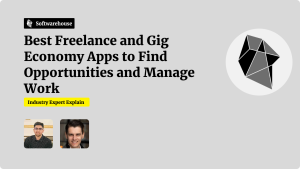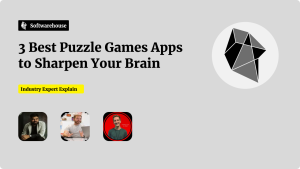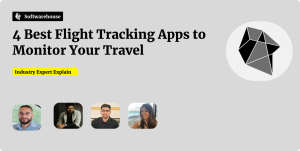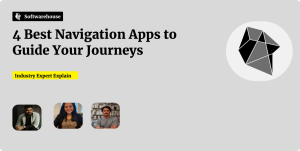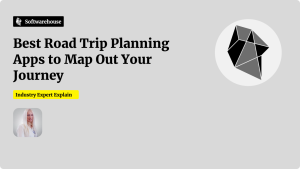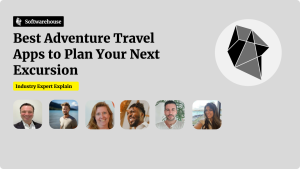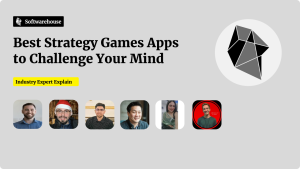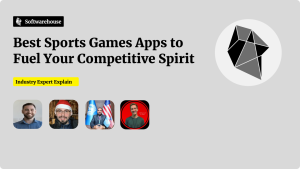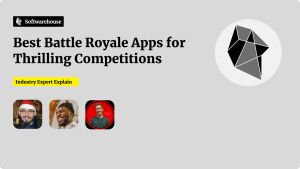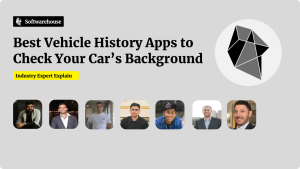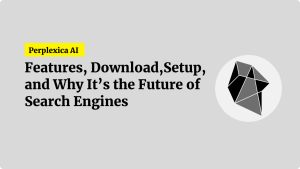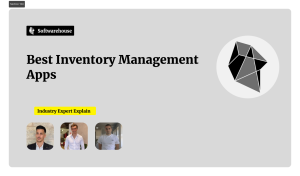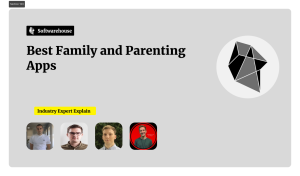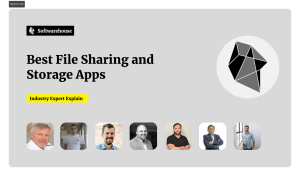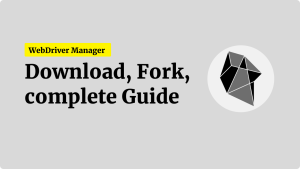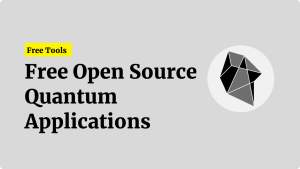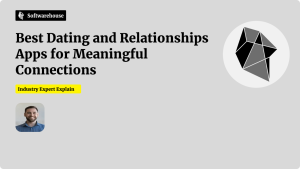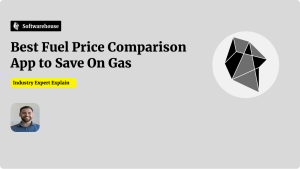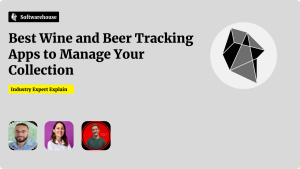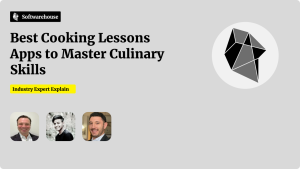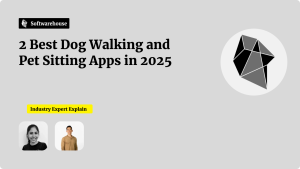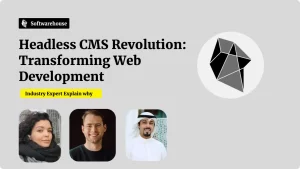The AI Imperative: Why Australian Businesses Can’t Afford to Wait
Artificial Intelligence (AI) is no longer a futuristic concept; it is a present-day reality rapidly reshaping the global business landscape. For Australian businesses, particularly small and medium-sized enterprises (SMEs), embracing AI is not merely an option but a strategic imperative for sustained growth, enhanced competitiveness, and long-term resilience. This report will delve into the profound impact AI can have and the unique characteristics of Australia’s burgeoning AI ecosystem.
Unlocking Growth: The Transformative Power of AI for Australian SMEs
AI offers a myriad of tangible benefits that can significantly enhance various facets of an Australian business, from streamlining daily operations to revolutionising customer engagement. These advantages directly address common pain points and unlock significant growth opportunities.
AI-powered tools are revolutionising workflows by automating repetitive and time-consuming tasks across various business functions. This includes everything from customer service inquiries and appointment scheduling to financial reconciliation and inventory management. This automation significantly boosts productivity, reduces manual errors, and frees up valuable human capital to focus on higher-value, strategic initiatives.1 For example, Splose, an Adelaide-based health tech startup, leverages AI to streamline administrative tasks for healthcare professionals, allowing them to concentrate on patient care.1 Similarly, AI-driven machines can optimise manufacturing production lines, reducing downtime and boosting throughput.3 This capability transforms AI from a simple cost-saving measure into a powerful tool that drives business objectives by fundamentally changing the scale at which a business can operate and the speed at which it can achieve results.4 This means AI is not merely a technological expense but a strategic investment in scaling a business without proportionally scaling human resources or operational complexity. It enables businesses to compete effectively with larger players by leveraging technology to achieve similar efficiencies.
AI-driven analytics provide profound insights into customer behaviour, preferences, and market trends. This enables Australian businesses to craft highly personalised marketing campaigns, recommend tailored products, and deliver customised services, fostering deeper customer engagement and loyalty.1 AI chatbots, for instance, can provide 24/7 customer support, offering quick and accurate responses and enhancing overall customer satisfaction.3 Such personalisation is key to building lasting customer relationships in a competitive market.

In an increasingly data-rich world, AI empowers business owners to move beyond intuition. It processes vast amounts of data to provide actionable insights, allowing for more informed and strategic decisions based on real-time market trends, customer behaviours, and operational performance.1 AI analytics systems can identify subtle trends and patterns that human analysis might miss, enabling swift reactions to market changes and the identification of new opportunities.3
By automating tasks and providing predictive insights, AI significantly reduces the need for manual intervention, minimises errors, and optimises resource allocation. Businesses implementing AI in areas like inventory management, logistics, and HR can achieve substantial operational cost savings.1 Restoke, a Melbourne-based AI platform, reportedly saves restaurants an average of $8,000 weekly by optimising purchasing decisions, demonstrating the tangible financial benefits of AI adoption.1
With the escalating cyber threat landscape, AI-enhanced security systems are critical for detecting and mitigating cyber risks faster than traditional methods. This is particularly vital in Australia, given stricter data privacy regulations, as AI helps ensure compliance with evolving legal frameworks and protects sensitive information.1 AI-powered cybersecurity capabilities, for example, could prevent an estimated $6.7 billion in cybercrime losses by 2030.3 This capability provides a crucial layer of defence in an increasingly digital and interconnected business environment.
The slow adoption of AI among Australian businesses presents a unique opportunity for early adopters to experience significant growth and potentially dominate their markets.4 This creates a compelling urgency for business leaders: waiting risks falling behind, while acting now positions an organisation as a market leader. An AI consultant’s role, therefore, extends beyond mere implementation; it involves guiding businesses to seize this early-mover advantage.
Navigating the Australian AI Landscape: Opportunities, Challenges, and Trends
Australia’s AI ecosystem is dynamic, characterised by both significant government commitment and unique challenges that shape its adoption trajectory.
The Australian generative AI market is experiencing substantial growth, projected to reach USD 1,247.6 Million by 2033 from USD 292.0 Million in 2024, exhibiting a robust compound annual growth rate (CAGR) of 17.5%.5 This growth is driven by enterprise integration, legal tech adoption, and a rising demand for secure, scalable solutions.5 The Australian government actively promotes AI adoption through investments, policy development, and regulatory guidance, including initiatives like the National Artificial Intelligence Centre and the AI Action Plan.5 This strong commitment from national governments, scoring 83.3 out of 100 for dedication to AI strategies, provides a stable foundation for AI advancement.4
Australia exhibits a distinctive hybrid positioning as both an ‘AI-taker’ (adopting global technologies) and a developing ‘AI-maker’ (with targeted domestic innovation). AI innovation is emerging organically from existing industrial capabilities, particularly in sectors like specialised construction and chemical manufacturing.6 This evolutionary approach focuses on enhancing existing economic strengths rather than purely disruptive software.
AI companies are concentrated in urban hubs, with Melbourne’s central business district being the largest cluster, hosting 188 companies, followed by Sydney, Brisbane, and Perth. These clusters often show regional specialisation, such as Perth focusing on resource applications.6 The private AI business sector is dominated by small enterprises, with 85% employing fewer than 50 staff. This creates a vibrant but potentially fragile innovation ecosystem.6
While AI adoption is increasing, a significant portion of Australian workers remain hesitant. Approximately 36% of those surveyed in Finance, Technology, and Business (FTB) sectors are not using AI at work, with a third citing a lack of trust and limited access to training as key barriers.7 Large organisations show higher AI adoption rates (72%) compared to micro (33%), small (58%), and medium (65%) organisations, largely due to resource constraints and a lack of expertise in smaller entities.7 This disparity underscores the need for tailored support for SMEs. A notable phenomenon is the prevalence of unofficial AI use, such as personal ChatGPT accounts, with about half (51%) of individuals using AI informally coming from organisations that have not formally adopted it.7 This indicates a strong underlying desire among employees to leverage AI for productivity, even in the absence of formal organisational policy or training. This presents a dual challenge: a significant data security and compliance risk for businesses, as sensitive data might be entered into public tools, and a clear signal for business owners that their workforce is ready for AI, highlighting an urgent need for structured adoption and training programs.
A significant AI skills gap exists in Australia, hindering companies’ ability to implement generative AI systems. The number of AI specialists is projected to double from 40,000 in 2024 to 85,000 by 2027, but a shortfall of up to 60,000 AI professionals is still expected by 2027.4 This talent shortage is exacerbated by many service providers often operating on a temporary or project-based consulting basis, without long-term commitment to organisations, leading to a lack of consistent in-house expertise.4 This creates a strong demand for consultancies that can provide comprehensive, sustained support. For non-technical business owners, engaging an AI consultant is not just about getting a project done; it is about accessing the critical expertise they cannot easily acquire or retain in-house. A good consultant can fill this immediate gap and, importantly, help transfer knowledge to the internal team, mitigating the long-term dependency issue.

Some sectors, like digital advertising, exhibit a cautious approach to AI adoption, with only 32% operationalising AI in limited use cases and 51% still in exploratory phases. Concerns about data security, accuracy, transparency, and a lack of clear industry standards are significant barriers to broader integration.9 This hesitation, particularly due to privacy and security concerns, creates a market signal for trust-building. An AI consultant in Australia must not only demonstrate technical prowess but also explicitly address and mitigate these trust concerns. This means transparent practices around data handling, clear ethical frameworks, and robust security protocols become paramount selling points.
The Australian AI ecosystem also faces a knowledge-to-commercialisation gap. Despite robust AI research output—AI-related publications more than doubled from 2015 to 2024—Australia shows a significant gap in commercialisation, with a relatively low number of AI patents filed.6 This highlights a disconnect between academic innovation and practical business application. This creates a unique opportunity for local AI consultants: they can leverage globally proven technologies but tailor them with Australian-specific data, cultural nuances, and regulatory compliance, thereby bridging this commercialisation gap.
Table 1: AI Adoption in Australian Businesses by Organisation Size (2025)
| Organisation Size | AI Adoption Rate | Key Implications for AI Consulting |
| Micro (fewer than 5 employees) | 33% | High potential for initial adoption, focus on basic task automation, cost-effective, white-label solutions. |
| Small (5-19 employees) | 58% | Growing interest, need for tailored solutions, upskilling existing teams. |
| Medium (20-200 employees) | 65% | Balanced approach, potential for more complex integrations, focus on efficiency and data-driven decisions. |
| Large (200+ employees) | 72% | Systematic implementation, enterprise-grade tools, complex predictive modeling, strategic partnerships. |
This table provides a clear, data-backed overview of AI adoption across different business sizes in Australia. For business owners, it immediately contextualises their own position, indicating whether they are early, mid, or late adopters relative to their peers. This helps them understand what kind of AI solutions and consulting engagements are most relevant to their business size, and subtly highlights that a comprehensive AI consultancy can cater to these diverse needs. It aids in benchmarking their current state and understanding the typical AI journey for businesses of their scale.
Beyond the Hype: Understanding Your Business’s AI Readiness and the Consultant’s Role
Before embarking on an AI journey, a critical first step for any Australian business owner is to conduct a realistic self-assessment of their organisation’s readiness. This involves more than just having data; it requires a holistic view of technical infrastructure, data quality, risk appetite, and organisational culture. An AI consultant’s primary role, especially for non-technical leaders, is to guide this assessment and translate complex AI potential into tangible business value.
Self-Assessment: Is Your Business Truly Ready for AI?
Jumping into AI without proper preparation can lead to costly failures, as up to 80% of AI initiatives reportedly fail to deliver intended outcomes.11 A robust self-assessment helps identify critical gaps and ensures a strategic, rather than reactive, approach.
The most common pitfall in AI adoption is a “solution looking for a problem”.12 Before even considering AI, businesses must identify which functions could benefit most, whether it is customer service automation, sales forecasting, or marketing personalisation.1 A clear objective is paramount to avoid the “POC graveyard”—proof-of-concept projects that demonstrate technical feasibility but lack a clear path to deployment or business value.12
AI systems are only as effective as the data they are trained on. Assessing data quality and availability is crucial. This involves determining if appropriate data is available, if the environment is ready, and if the use case is technically feasible given the data landscape.11 Aiming for “perfect” enterprise-wide data before starting is a common trap; instead, the focus should be on critical use cases where available data is of high quality.12 The adage “shit in, shit out” highlights that if the data going into a model is unreliable or overly abstract, the outputs will be shaped by those errors.16 This implies that the emphasis should shift from merely accumulating vast amounts of information to ensuring its quality, relevance, and ethical sourcing for specific use cases. A good AI consultant will not just ask “Do you have data?” but “Is your data fit for purpose and ethically sourced for the specific AI problem we are trying to solve?”
Evaluating the existing technical environment is essential to determine its capability for supporting AI integration. This includes considering the myriad of technology options available and designing solutions that improve efficiency and enable business model innovation.14

AI adoption involves significant human elements, and resistance often stems from fear of displacement. It is crucial to assess if there is adequate buy-in from stakeholders and if the organisation is prepared for change. AI should augment human capability, not replace it, making work more valuable.12 User resistance and lack of buy-in are major reasons for AI project failure.12 This underscores that successful AI implementation is not just about technology, but fundamentally about people and change management. A human-centred AI approach focuses on how AI empowers employees by making difficult jobs easier and providing smart advice, transforming AI from a perceived threat into an empowering tool.12
Understanding an organisation’s risk appetite is vital. AI systems introduce new risks, including bias, data privacy, and security concerns.1 Early identification of ethical, social, and operational considerations is crucial for responsible AI development.11
The Strategic Value an AI Consultant Brings to Non-Technical Leaders
For non-technical founders, directors, and operational leads, an AI consultant acts as a crucial bridge between business vision and technological execution. They demystify AI, translate technical jargon into business value, and guide strategic implementation.
AI consultants help identify the best opportunities for AI within a business, leveraging use case catalogues and prioritisation frameworks. They help answer fundamental questions like “What are the best opportunities for AI and how do I start?” and “How do we balance cost, opportunity, and risk?”.14 This is particularly valuable as businesses look beyond experimentation to deep integration of AI into operations.5
Consultants ensure AI adoption is strategic and responsible, balancing innovation with risk management.14 They provide guidance on responsible AI policy, maturity, and risk assessments, ensuring solutions are ethical, explainable, and interpretable.17 This includes navigating data privacy, algorithmic bias, and cybersecurity risks through robust policies and oversight.12 Beyond technical implementation, a key value an AI consultant offers is their ability to navigate the complex ethical, legal, and security risks associated with AI. This directly addresses the prevalent lack of trust in AI and the widespread concerns about data security and accuracy. Consultants do not just implement AI; they de-risk its adoption for businesses, building the necessary internal and external trust for successful, sustainable integration.
Proprietary AI platforms and tailored AI strategies can accelerate value delivery by providing AI-driven insights and automation.14 Consultants help build rapid and functional prototypes, connecting enterprise data and demonstrating the power of AI in real-world scenarios, moving from idea to impact in weeks, not quarters.14
With Australia facing a severe AI skills shortage 4, consultants provide access to specialised AI skills, such as AI-specific data management, AI development, and AI strategy, offering flexibility, scalability, and cost-effectiveness.4 They assist in assessing AI readiness, evaluating technical complexity, and determining data quality.14 While temporary project-based consulting can exacerbate the skills gap 4, the most valuable AI consultants will focus on transferring knowledge and building internal AI capability within the client organisation. A truly effective AI consultant in Australia goes beyond delivering a one-off project; they empower the client’s team, reducing long-term dependency and creating sustainable value.
Decision-makers in Australia highly value the ability to handle end-to-end projects from strategy through to implementation.4 Consultants provide this comprehensive support, ensuring seamless integration of AI solutions into existing business processes.23
AI solutions require continuous testing, tuning, and adaptation to changing conditions. Consultants incorporate feedback loops into AI models to ensure ongoing effectiveness and adherence to responsible principles.14
Table 2: Key Benefits of AI Consulting for Non-Technical Business Owners
| Benefit Category | Description | Supporting Snippets |
| Strategic Guidance | Helps identify optimal AI opportunities, balance cost/risk, and align AI with core business objectives. | 11 |
| Risk Mitigation | Ensures responsible, ethical, and compliant AI adoption, addressing data privacy, bias, and security concerns. | 1 |
| Accelerated Implementation | Facilitates rapid prototyping and deployment, turning ideas into tangible impact in weeks, not months. | 14 |
| Expertise Access | Bridges the AI skills gap by providing specialized knowledge in data management, development, and strategy. | 4 |
| Capability Building | Fosters internal institutional learning, empowering client teams and reducing long-term dependency on external consultants. | 22 |
| Tailored Solutions | Designs AI solutions that are specific to the business’s unique needs, industry, and Australian market nuances. | 13 |
| Performance Measurement | Establishes clear KPIs and processes to measure the success and ROI of AI initiatives. | 13 |
This table directly addresses the value of AI consulting for non-technical business owners. It consolidates information from various sources into a clear, categorised format, making it easy for the target audience to grasp the holistic value proposition. The inclusion of supporting references provides immediate validation and traceability, enhancing the report’s credibility.
Red Flags and Pitfalls: What to Avoid When Hiring AI Expertise
While the promise of AI is immense, the path to successful implementation is fraught with potential pitfalls, especially when engaging external expertise. For non-technical business owners, recognising red flags is crucial to protect their investment, data, and intellectual property.
The Perils of Unvetted AI Freelancers: Quality, Reliability, and Fraud Risks
Hiring individual AI freelancers, while seemingly cost-effective, can introduce significant risks, particularly in the age of generative AI.
Fraudulent contractors leverage AI to create fake personas, steal portfolio work, and generate convincing but unfulfillable content.24 They might produce code samples that appear original but are modifications of open-source projects, or create fake case studies with realistic metrics.24 The rise of generative AI tools makes it easier for fraudulent freelancers to create convincing fake personas and work samples. This represents a new class of sophisticated digital deception enabled by AI, making traditional vetting methods insufficient. Non-technical business owners, already less equipped to assess technical competence, are now even more vulnerable to AI-enhanced deception. This underscores the critical need for robust vetting processes and potentially, the inherent safety of engaging established, reputable consultancies.
Unvetted freelancers often provide no quality control or project management, leading to substandard work, development delays, and significant technical debt.24 Projects may need to be rebuilt from scratch, incurring opportunity costs far exceeding the initial financial loss.24 A major red flag is when freelancers disappear when problems arise, leaving clients with no recourse.24 Fraudsters adapt quickly, building initial trust on platforms, then moving communication off-platform where oversight diminishes, and implementing sophisticated exit strategies.24

Fraudulent contractors may not honour confidentiality agreements, exposing proprietary information to multiple unknown parties across different jurisdictions.24 In Australia, intellectual property (IP) created by a contractor is generally owned by the contractor unless explicitly stated otherwise in the contract.27 This default Australian legal position on contractor IP ownership is a significant hidden risk for businesses engaging freelancers for AI development, where the output (models, algorithms, data insights) is the core value. Businesses hiring freelancers without explicit IP clauses risk not owning the very AI solution they paid to develop.
For businesses in regulated industries, working with improperly vetted contractors can lead to compliance violations, especially if they access customer data or other regulated materials.24
To mitigate these risks, implementing systematic portfolio verification using reverse image searches, detailed explanations of projects, live demonstrations of technical capabilities, and independent validation of client references is essential.24 For high-risk engagements, conducting comprehensive identity verification, including video interviews, multi-source qualification validation, and criminal background screening, is advised.24 Businesses should be suspicious of inconsistencies in personal details or inability to conduct business during required hours.28 Structuring engagements by starting with small pilot projects to test capability and communication, structuring payments around specific, measurable deliverables, and maintaining control over critical assets like source code and design files can provide natural fraud protection.24 Most importantly, always create a written contract before work starts, clearly defining IP ownership, usage rights, transfer clauses, confidentiality agreements, and non-competition clauses.27
Navigating Offshore AI Development: Data Privacy, IP, and Communication Challenges
While offshore AI development teams can offer cost advantages, they introduce complex challenges, particularly concerning Australia’s stringent data privacy and intellectual property laws.
A significant concern is the storage and processing of sensitive data overseas. Most AI apps are hosted abroad, primarily in the USA, with some in China, leading to discomfort among Australians about putting sensitive data into foreign AI tools.30 The Australian Privacy Act 1988 (Cth) and Australian Privacy Principles (APPs) apply to all users of AI involving personal information, requiring that data disclosed overseas is guaranteed the same legal privacy protections as in Australia.30 The Office of the Australian Information Commissioner (OAIC) recommends avoiding entering sensitive information into publicly available generative AI tools due to significant privacy risks.30 The concern about offshore data hosting extends beyond mere location; it is about control and legal jurisdiction. Australian businesses remain responsible for data privacy under Australian law, even if data is processed overseas. This creates a “digital sovereignty” risk where legal obligations might conflict with foreign data access laws. Simply having a contract with an offshore provider does not absolve the Australian business of its privacy obligations. This means the business owner must understand the legal implications of data flow across borders, a complex area where local AI consultants with legal expertise are invaluable.
When engaging offshore teams, intellectual property could be exposed to multiple unknown parties across different jurisdictions.24 Australian copyright law is territorial, meaning infringing conduct is limited to Australia, which can complicate recourse for IP theft by offshore entities.29 Ensuring clear IP ownership in contracts is paramount, especially regarding model weights, outputs, and how third-party APIs affect ownership.15
Differences in time zones, language, and cultural nuances can lead to communication breakdowns, misunderstandings, and project delays.34 This impacts project quality, timeliness, and overall collaboration.
The Australian AI ecosystem still has gaps in service offerings, with many AI service providers struggling to source business partners required to supply end-to-end solutions, particularly for SMEs.4 This issue is amplified with offshore teams that may not offer comprehensive, integrated support.
Staying informed about local and international regulations is challenging. Offshore teams may not be fully versed in Australia’s evolving AI ethics principles and privacy laws, placing the compliance burden squarely on the Australian business.18 While offshore teams may offer lower hourly rates, the combined risks of IP loss, data breaches, communication inefficiencies, and potential project rework due to poor quality or lack of local context can quickly erode any cost savings. This can lead to a higher total cost of ownership than anticipated. The perceived “savings” from offshore development are often superficial; the true cost includes the high probability of rework, legal liabilities, and reputational damage if things go wrong, making a seemingly cheaper option far more expensive in the long run.
Common Misleading Promises and How to Spot Them
Business owners, particularly those who are non-technical, are susceptible to exaggerated claims in the rapidly evolving AI space. Identifying misleading promises is key to making informed decisions.
Beware of consultants promising specific, high ROI figures without a thorough understanding of a business’s unique context, data, and market. AI projects’ ROI can be difficult to measure, and many businesses feel AI is unlikely to deliver outcomes like increased revenue/cashflow (42% unlikely) or improved employee experience (43% unlikely).41 A reputable consultant should focus on potential value and a clear measurement plan, not guaranteed returns.13
Consultants who immediately suggest a specific AI tool or a “cookie-cutter” solution without first understanding a business’s unique problems are a red flag.25 AI should be a solution to a defined problem, not a technology looking for one.12 A tailored approach based on specific operational needs and data is essential.13

Quality AI solutions, especially custom ones, take time. A Minimum Viable Product (MVP) can take 6-12 weeks, and most projects yield value within 3-6 months post-deployment.13 Promises of instant results often indicate a lack of depth, poor planning, or reliance on generic, non-customised solutions that may not fit specific needs.
Vague pricing structures or hidden fees (e.g., licensing, integration, ongoing support) are major red flags.15 A reputable consultant will provide a detailed cost breakdown, explain what drives costs (complexity, industry requirements, technologies used), and be transparent about long-term financial commitments.42 Australian AI engineers generally charge higher rates (AUD 120-300/hour) than offshore teams, but local expertise often ensures better alignment with compliance and market needs.42
Any consultant who downplays or overlooks the critical importance of ethical AI, data privacy, and intellectual property ownership is a significant red flag.15 These are non-negotiable aspects of responsible AI adoption in Australia. The pressure on businesses to adopt AI 12 combined with low AI literacy among Australians 10 creates fertile ground for consultants making misleading promises. This highlights the importance of education for business owners to discern genuine expertise from opportunistic sales pitches. A trustworthy AI consultant does not just sell a service; they educate the client, empowering them to make informed decisions and manage expectations realistically. This builds long-term trust, which is crucial given the low consumer trust in AI.46
The Australian Advantage: Why Local Knowledge is Non-Negotiable
For Australian businesses, selecting an AI consultant with deep local knowledge is not merely a preference but a strategic necessity. This understanding extends beyond technical expertise to encompass the unique legal, cultural, and market dynamics of the Australian landscape.
Understanding Australia’s Evolving AI Regulatory Landscape: Privacy, Ethics, and Consumer Protection
Australia is actively shaping its AI regulatory environment, and adherence to these evolving frameworks is paramount for responsible and sustainable AI adoption. Local AI consultants are best positioned to navigate this complex landscape.
Australia has a voluntary AI Ethics Framework, developed by CSIRO’s Data61, which identifies key governance principles for achieving the best results from AI while prioritising the well-being of Australians.36 These principles include:
- Human, Social and Environmental Wellbeing: AI systems should benefit individuals, society, and the environment, with clear, justified objectives.36
- Human-Centred Values: AI systems must respect human rights, diversity, and individual autonomy, designed to augment human skills rather than replace them. Organisations should hire diverse staff to minimise bias.36
- Fairness: AI systems should be inclusive, accessible, and not result in unfair discrimination. Measures must ensure compliance with anti-discrimination laws.36
- Privacy Protection and Security: AI systems must respect privacy rights, data protection, and ensure data security.36
- Reliability and Safety: AI systems should operate reliably for their intended purpose throughout their lifecycle.40
- Transparency and Explainability: There should be transparency and responsible disclosure so people know when they are significantly impacted by AI and can understand its decisions.18
- Accountability: Clear responsibility for ethical implications must be assigned, with human review and intervention in AI-based decisions.18
- Contestability: Individuals should be able to challenge AI-based decisions.40
While Australia’s AI Ethics Principles are currently voluntary 35, there is a clear trend towards stronger regulation. The Senate Select Committee on AI has recommended requiring transparency on copyright training data and a whole-of-economy high-risk AI legislation.29 This signals a shift from guidance to potential mandatory compliance. Businesses cannot afford to treat AI ethics and compliance as optional; the regulatory landscape is rapidly evolving towards mandatory guardrails. A local AI consultant is crucial for staying ahead of these changes and ensuring proactive compliance.
The Privacy Act 1988 (Cth) and Australian Privacy Principles (APPs) apply to all users of AI involving personal information, including data used for training, testing, or using AI systems.31 Key obligations include:
- Necessity of Collection (APP 3): Personal information collected for AI must be reasonably necessary for functions/activities, collected by lawful and fair means, and limited to what is truly needed.31
- Consent and Disclosure (APP 6): Using personal information for AI training (if not the primary purpose of collection) requires careful consideration of privacy obligations and often explicit consent.31 Businesses must conduct due diligence on AI products to ensure suitability and assess privacy/security risks.31
- Privacy by Design (APP 1): A privacy-by-design approach, with ongoing assurance processes to monitor AI use of personal information throughout its lifecycle, is recommended.31
- Accuracy (APP 10): Businesses must take reasonable steps to ensure collected, used, and disclosed personal information is accurate, especially given AI’s potential for inaccurate results.31
- Privacy Impact Assessments (PIAs): PIAs should be completed before introducing new AI systems to understand and manage privacy impacts.31

The Australian Competition and Consumer Commission (ACCC) is increasingly focused on consumer and fair trading issues in the digital economy, including potential impacts of generative AI on competition.48 Concerns include manipulative or deceptive advertising practices and algorithmic bias.48 The ACCC supports an economy-wide prohibition on unfair trading practices and is assessing whether current safety standards (including the Voluntary AI Safety Standard) guarantee safe AI use.49
Government bodies like Services Australia are committed to safe, ethical, and responsible AI use, adhering to Australia’s voluntary AI Ethics Principles and the Policy for the responsible use of AI in government. They do not share sensitive data with public generative AI tools, and all AI use is human-reviewed.35
Low consumer trust in AI 10 is a significant barrier to widespread adoption in Australia. This is not just a technical problem but a social and ethical one that local consultants must address through transparent, explainable, and accountable AI solutions. For AI solutions to gain traction in the Australian market, they must be built with explicit attention to the AI Ethics Principles, particularly transparency, explainability, and fairness. A local AI consultant understands these cultural sensitivities and can help build trust by designing AI that aligns with Australian values and regulatory expectations.
Table 3: Australian AI Ethics Principles: Practical Business Implications
| Principle | Core Meaning | Practical Implications for Businesses |
| Human, Social & Environmental Wellbeing | AI should benefit society and the environment. | Clearly define and justify AI objectives for positive impact; consider broader societal impacts. |
| Human-Centred Values | AI should respect human rights, diversity, and autonomy. | Design AI to augment human capabilities; ensure human oversight and control; promote diverse development teams. |
| Fairness | AI should be inclusive, accessible, and non-discriminatory. | Implement safeguards against bias; ensure datasets are representative; comply with anti-discrimination laws. |
| Privacy Protection & Security | AI should uphold privacy rights and data protection. | Adhere to Privacy Act & APPs; conduct PIAs; avoid sensitive data in public AI tools; ensure data security. |
| Reliability & Safety | AI systems should operate consistently and safely. | Rigorous testing; robust monitoring; clear safety protocols, especially in high-risk applications. |
| Transparency & Explainability | Users should know when AI is used and understand its decisions. | Disclose AI use; provide meaningful explanations of AI outputs; document decision-making processes. |
| Accountability | Clear responsibility for AI’s ethical implications. | Designate accountability; establish review and assurance processes; ensure human review of AI decisions. |
| Contestability | Individuals can challenge AI-based decisions. | Implement mechanisms for review and redress of AI-driven outcomes. |
This table translates Australia’s voluntary AI Ethics Principles into actionable business implications. For business owners, this demystifies abstract ethical concepts and provides a clear checklist for evaluating AI projects and consultants. It implicitly positions a consultancy as one that understands and adheres to these crucial local standards, building trust.
The Nuances of Australian Business Models and User Behaviour
Beyond regulations, local consultants possess an intrinsic understanding of the Australian market’s unique cultural and behavioural characteristics, which significantly impact AI solution design and adoption.
Australian consumer trust in companies is at a record low, and while younger Australians (Gen Z and Millennials) are more enthusiastic about AI agents, overall trust in AI systems is low.10 Over half of Australians (57%) report low knowledge of AI, and 63% have little understanding of when AI is being used.10 This low AI literacy means solutions must be user-friendly, transparent, and accompanied by accessible training.10
Australians “crave genuine interactions” and often prefer face-to-face experiences, even in a digital age.55 While AI can automate tasks, human oversight and interpretation remain critical, especially in client-facing and problem-solving roles.8 A consultant’s understanding of Australian consumer behaviour and business culture (e.g., preference for human interaction, regional differences, cautious adoption) is critical for designing AI solutions that are accepted and adopted rather than resisted. Technical brilliance alone is often insufficient for AI success in Australia; the solution must resonate culturally and align with local user expectations. A local AI consultant can bridge this cultural gap, ensuring higher user adoption and return on investment.

There is a significant difference in AI adoption rates between metro (e.g., 34% in NSW metro) and regional areas (e.g., 18% in NSW regional).41 This highlights varying levels of readiness, infrastructure, and potentially different business needs and priorities.
Australia’s AI innovation often emerges from existing industrial capabilities.6 For example, in agriculture, farmers prioritise “more automation, less features” and reliable labour-saving technologies, often wary of “utopian promises”.16 In mining, AI is transforming safety, efficiency, and maintenance with autonomous vehicles and predictive modelling.57 Local consultants understand these sector-specific demands and cultural receptiveness. Australian businesses, particularly in traditional sectors like agriculture and mining, prioritise practical, reliable AI solutions that solve specific problems (e.g., labour-saving automation) over complex, feature-rich systems. This means AI consultants in Australia need to understand this pragmatic, problem-solving mindset. Solutions must be clearly linked to tangible business outcomes and presented as practical tools, not abstract technological marvels.
Australian businesses, particularly SMEs, tend to adopt a cautious approach to AI integration.4 This pragmatism means consultants need to demonstrate tangible value and address concerns about data security and quality.59
Fostering Sovereign AI Capability and Local Innovation
Supporting local Australian AI tech and consultants contributes to building national resilience, accelerating economic benefits, and fostering a self-sufficient innovation ecosystem.
Australian AI tools and partners can transition from idea to impact in weeks, not quarters, delivering working systems at a fraction of the cost compared to global strategy contracts. This translates to immediate, measurable returns and a better return on investment.22
Over-reliance on offshore frameworks and proprietary models increases the risk of losing control over data, ethics, and policy alignment. Backing Australian tools builds domestic intellectual property, protects local jobs, and strengthens national resilience, addressing AI as a critical national infrastructure issue.22 Beyond immediate project benefits, choosing local AI expertise is an investment in Australia’s long-term economic and technological sovereignty. This perspective elevates the decision from a mere procurement choice to a strategic contribution to national capability.
Direct collaboration with local AI partners ensures knowledge stays within the client organisation, fostering internal AI capability and confidence. This moves beyond dependency on external consultants, creating a more sustainable and empowered workforce.22 KPMG’s successful rollout of KymChat, their AI assistant, by embedding human-centred AI and building internal capability, serves as a prime example.22
Australia’s AI innovation is emerging organically from existing industrial capabilities, with geographical alignment between research specialisations and regional industry strengths. This fosters naturally specialised innovation corridors.6
Despite robust AI research output, Australia shows a significant gap in commercialisation.6 Prioritising local deployment over lengthy strategic planning can help bridge this gap, turning research into practical, impactful solutions.22 The emphasis on “Stop Planning. Start Deploying.” 22 highlights a pragmatic shift needed in Australia’s AI adoption. This implies that local consultants who prioritise rapid, iterative deployment of operational tools over lengthy strategy documents are better aligned with the national imperative for accelerating AI impact. This directly counters the “POC graveyard” problem 12 and aligns with the need for “speed to value”.22
Your Essential Checklist: Questions to Ask an AI Consultant Before Committing
Engaging an AI consultant is a significant investment. For non-technical business owners, asking the right questions is paramount to vetting potential partners, understanding their approach, and ensuring alignment with business goals and the Australian context.
Assessing Experience and Expertise: Beyond the Buzzwords
Look beyond generic claims and delve into specific, verifiable experience.
A business should ask: “Can you describe a recent AI project you worked on and your specific role in it?”.60 This question gauges hands-on experience and specific contributions. It is important to look for projects relevant to the business’s industry or challenges. A good answer will detail the project’s objective, scope, the consultant’s responsibilities, and the tangible outcomes or impact for the client.60
Another crucial question is: “How do you approach understanding a client’s business needs before proposing an AI solution?”.60 This ensures the consultant tailors solutions rather than simply selling generic tools. A strong consultant will describe a process of in-depth interviews, analysis of existing processes and data, and collaboration with stakeholders to align AI with business objectives.60 Businesses should beware of a “solution looking for a problem” approach.12
It is also important to ask: “Have you done this before? Have you rolled it out to production? Has it been running at least for 6 months?”.12 These questions, posed by an expert, cut through hype to verify real-world, sustained implementation and success, not just proofs-of-concept. The high failure rate of AI projects, often stemming from solutions never making it past the proof-of-concept (POC) stage 12, means that a key differentiator for a consultant is their proven ability to deploy AI solutions into production and ensure their sustained operation. For business owners, the true value of an AI consultant lies not just in their ability to build an AI model, but to operationalise it within the business, ensuring it delivers continuous value. This requires expertise in Machine Learning Operations (MLOps) and ongoing monitoring.

Businesses should inquire: “What tools and technologies do you prefer for building AI models, and why? How do you ensure they integrate with existing systems?”.15 Understanding their tech stack (e.g., TensorFlow, PyTorch, AWS, Google Cloud, Azure) ensures compatibility and scalability. It is important to ask about their process for deep tech-stack audits and integration planning, as even the smartest AI can fail if it operates in a silo.15
Finally, ask: “What industries in Australia have you worked with, and can you share case studies of similar projects?”.14 Local industry experience indicates an understanding of specific market nuances, competitive landscapes, and regulatory requirements relevant to Australia. Case studies provide concrete evidence of their capabilities and results.23
Understanding Project Methodology and Communication Protocols
Clear communication and a well-defined project methodology are critical for successful AI engagements, especially for non-technical stakeholders.
A business should ask: “What is your project management methodology (e.g., Agile, Scrum) and how does it ensure clear communication and timely delivery?”.23 A structured approach ensures transparency, manages timelines, milestones, and deliverables effectively. It is important to inquire about their process for handling changes in scope or shifting priorities.25
Inquire: “How will you tailor the solution to my business goals—not just the tech trend?”.13 This probes their commitment to business outcomes over technology for technology’s sake. Look for a focus on identifying specific use cases based on the business’s operations.13
Ask: “What are your communication protocols? How frequently will we receive updates, and through what channels?”.23 Effective communication is vital to avoid misunderstandings and ensure alignment. This is particularly important when working with external teams, whether local or offshore.34 The research suggests a shift towards AI augmenting human roles.12 This implies that a consultant’s methodology should foster “collaborative intelligence” 20, where AI assists human experts, rather than a purely automated, black-box approach. A consultant’s project methodology should not just deliver an AI system, but also define and facilitate the human-AI collaboration model within the client’s organisation, ensuring that AI enhances, rather than diminishes, human expertise and control.
It is crucial to ask: “How do you ensure data privacy and Australian compliance throughout the project lifecycle?”.13 This is a critical question given Australia’s strict privacy laws. Look for a clear explanation of their data policies in plain English and how they embed privacy by design.31
Finally, ask: “Will you run pilot tests and iterate based on feedback before full deployment?”.13 Iterative development and testing are crucial for AI projects to ensure accuracy and user acceptance. This also helps manage expectations and refine the solution based on real-world performance.13
Delving into Pricing Models and Expected ROI
Understanding the financial commitment and potential returns of an AI project is crucial for business owners.
A business should ask: “What are the key cost components involved in developing and maintaining a custom AI solution for my business?”.15 AI project costs can vary widely, with development ranging from AUD 33,000 to AUD 1,200,000, and annual deployment/hosting costs from AUD 10,000 to AUD 100,000+.42 It is important to ask for a detailed financial roadmap covering research, prototyping, data collection, model training, UI/UX, backend development, testing, deployment, maintenance, and re-optimisation.15 For business owners, the initial development cost of an AI solution is only part of the financial picture. Ongoing maintenance, scaling, and potential rework due to poor initial planning or ethical issues significantly impact the true total cost of ownership (TCO).12 A reputable AI consultant will proactively educate the client on the full lifecycle costs, not just the upfront development fee. This transparency builds trust and helps the business owner budget realistically for sustained AI value, preventing “shelfware”.15
Inquire: “How transparent is your pricing model (e.g., fixed price, time and materials, value-based, retainer) and what are the long-term costs?”.15 Pricing strategies vary significantly. Fixed fees offer predictability, while time and materials provide flexibility. Value-based pricing ties fees to outcomes, and retainers offer ongoing support.44 It is important to understand if there are hidden fees, licensing costs, or ongoing support expenses.23
Ask: “How do you measure the success and ROI of custom AI adoption, and what is the expected ROI timeline?”.13 Clear Key Performance Indicators (KPIs) aligned with business goals are essential for accountability.15 It is important to ask for tools and processes to monitor performance over time.15 Most projects begin yielding value within 3-6 months post-deployment.13 Measuring ROI for AI is not a one-time event but an ongoing process that requires collaboration between the consultant and the business. The consultant’s role is to establish the framework, but the business must provide the context and data for continuous monitoring.
Finally, ask: “Can you give an example of an AI project that didn’t work and what you learned from it?”.13 This question reveals honesty, a commitment to continuous learning, and the consultant’s ability to troubleshoot and adapt. It provides insight into their problem-solving capabilities beyond just successes.13
Table 4: AI Consulting Pricing Models in Australia: A Comparative Overview
| Pricing Model | Description | Best For | Pros | Cons |
| Fixed Price | A single, agreed-upon fee for the entire project scope. | Well-defined projects with clear deliverables. | Predictable costs, clear budget. | Less flexibility for scope changes, requires detailed upfront planning. |
| Time & Materials (T&M) | Client pays for actual hours worked and resources used. | Projects with evolving requirements, R&D, or uncertain scope. | Flexibility, adaptability to changes. | Costs can escalate if not managed tightly, less budget predictability. |
| Value-Based Pricing | Fees tied to the measurable business outcomes or value delivered. | High-impact projects where ROI is clearly quantifiable. | Aligns incentives, focuses on results. | Difficult to define and measure value upfront, potential for disputes. |
| Retainer Model | A fixed monthly fee for ongoing services or access to expertise. | Long-term partnerships, continuous support, ongoing optimisation. | Predictable recurring revenue for consultant, consistent support for client. | May not be cost-effective for intermittent needs, requires clear scope of ongoing services. |
| Hybrid Models | Combines elements, e.g., base retainer + performance incentive. | Projects with variable operational costs, or where a blend of strategic oversight and usage-based delivery is needed. | Balances predictability with value/usage, adaptable to volatility. | Can be complex to manage, requires clear definition of each component. |
This table demystifies the various pricing models commonly used in AI consulting in Australia. For business owners, it provides a clear breakdown of each model, its suitability, advantages, and disadvantages, empowering them to choose an engagement model that aligns with their budget, project complexity, and risk tolerance.
Ensuring Ethical AI, Data Security, and Intellectual Property Ownership
These are non-negotiable aspects of any AI engagement, particularly in the Australian context.
A business should ask: “What is your approach to mitigating AI bias, and how do you ensure fairness in your solutions?”.1 Bias in AI can lead to discriminatory outcomes and legal repercussions.1 It is important to ask about their structured bias detection frameworks, tools to retrain models, and how they ensure diversity in data and development teams.15
Inquire: “How do you handle data privacy and security, especially concerning Australian Privacy Principles (APPs) and sensitive information?”.1 This is paramount. It is important to inquire about their robust policies, due diligence processes for third-party AI products, and how they implement “privacy by design”.31 It should be emphasised that sensitive information should ideally not be entered into public generative AI tools.30
Ask: “How do you ensure transparency and explainability in your AI models, particularly for decisions that impact individuals?”.18 Australians have low trust in AI, partly due to a lack of understanding of its operations.10 A consultant should be able to explain the AI’s decision-making process, especially in high-risk cases.18

It is crucial to ask: “How do you ensure data ownership and intellectual property protections in the contract?”.15 This is vital for custom AI development. Ask for explicit outlines of who owns model weights, outputs, how third-party APIs affect ownership, and how data is isolated and not reused across clients.15 It is important to remember that in Australia, contractors typically own IP they create unless the contract states otherwise.27
Finally, ask: “What is your approach to responsible AI governance and how do you ensure human oversight and accountability?”.17 Human oversight is essential for managing AI risks and ensuring ethical outcomes.18 Ask about their internal governance structures, review processes, and how human intervention is integrated into the AI’s lifecycle.18 While ethical AI is often framed as a compliance issue, the low trust in AI among Australians 10 suggests that a strong commitment to responsible AI (fairness, transparency, privacy) can be a significant competitive advantage for businesses. For businesses, adopting responsible AI practices, guided by a knowledgeable consultant, is not just about avoiding legal pitfalls but about actively building consumer and stakeholder trust. This trust can translate into market acceptance and competitive advantage, transforming a compliance burden into a strategic asset.
The Australian AI Consulting Landscape: Key Players, Trends, and the Talent Gap
Understanding the broader Australian AI consulting market provides context for selecting the right partner. This section explores the major players, significant trends, and the persistent challenge of the AI talent gap.
Prominent Australian AI Consultancies and Their Offerings
The Australian AI consulting landscape includes a mix of global giants and specialised local firms, each with distinct offerings.
The “Big Four” consultancies—KPMG, PwC, Deloitte, and EY—are prominent players in the Australian AI consulting market.
- KPMG offers “Data and AI” services with a strong focus on “Responsible AI” and their “Trusted AI framework.” They assist with enhanced decision-making, scaling AI, and productionising AI through MLOps. They emphasise human-centred design and ethical, explainable AI.17 KPMG was the first firm globally to receive ISO 42001 certification for AI Management Systems.17
- PwC provides “Analytics and AI Transformation” services, focusing on leveraging data for revenue growth, cost reduction, and risk management. Their approach includes strategy, AI model operations, trusted insights, and operating model development. They emphasise responsible AI, data governance, cybersecurity, and privacy.63
- Deloitte offers “Engineering, AI & Data” services, leveraging engineering-led design, industry knowledge, and data-driven insights to transform technology platforms. They advise, design, implement, and run industry solutions, focusing on improving financial performance and accelerating digital businesses.65
- EY provides “AI Strategy consulting and M&A” services through EY.ai, a unifying platform. They focus on building confidence in AI, creating exponential value, and augmenting human potential, with foundational solutions like AI Maturity Model and Value Accelerator.67
The emphasis by firms like KPMG (Trusted AI, ISO 42001 certification) and PwC (Responsible AI, Data Governance) on ethical and responsible AI suggests that the larger players are actively shaping the narrative around safe AI adoption in Australia.17 These large firms are not just offering AI services but are actively promoting and setting standards for responsible AI. This can influence the broader market and provide a benchmark for smaller consultancies, pushing the entire Australian AI ecosystem towards more ethical and trustworthy practices.
Beyond the Big Four, a vibrant ecosystem of smaller, often more agile, firms exists. Examples include Opinov8 Digital and Engineering Solutions (custom software development, staff augmentation), Sunrise Technologies Australia (custom application development, blockchain), Makeintellix AI (AI-driven lead generation, custom software), and Kamexa (AI Solutions, implementation, expert advice).69 Many of these firms specialise in generative AI, AI development, and AI consulting.69 Business owners need to weigh the trade-off between the comprehensive, potentially slower, and more expensive approach of large firms versus the agile, niche, and potentially faster approach of smaller, specialised consultancies. This choice should align with the business’s specific needs, budget, and risk profile.
Emerging AI Trends and Their Impact on Australian Industries
Australia’s AI landscape is characterised by rapid innovation and sector-specific applications, with several key trends shaping its future.
The Australian generative AI (GenAI) market is experiencing significant growth (17.5% CAGR to 2033), driven by enterprise integration and rising demand for secure, scalable solutions.5 GenAI is transforming various functions, from customer service and data analysis to strategic planning and content creation.5 It can automate much of the product development process, enabling faster innovation and cost reduction.71 Early adopters gain a significant competitive advantage.71 As GenAI becomes widespread and automates routine tasks, businesses will need to increasingly focus on niche markets and highly customised offerings to differentiate themselves.71 GenAI can facilitate this by enabling faster innovation and tailored customer experiences. This means GenAI is not just a tool for efficiency; it is a strategic enabler for businesses to pivot towards more specialised, human-centred products and services.
The health sector is witnessing an “extraordinary era” of AI use, from diagnostic imaging to clinical decision support and administrative tasks. The digitalisation of hospital records (EMRs) provides a platform for AI implementation, with significant potential for medical research.3 AI can help streamline administrative tasks, as seen with Splose 1, and provide earlier, scalable diagnoses.72
The Australian mining sector is projected to see over 60% of mines implementing AI-driven safety and efficiency solutions by 2025, boosting operational productivity by up to 25%.57 Applications include predictive modelling for mineral deposits, autonomous vehicles and equipment, real-time hazard alerts (e.g., AI-integrated drones), predictive maintenance, and logistics optimisation.57 BHP Billiton, for example, uses AI drowsiness caps to reduce vehicular accidents.58
AI is transforming agriculture through crop monitoring, yield prediction, and resource management. Companies like AgriWebb use AI-equipped drones for livestock oversight and pasture assessment.3 The Yield Technology Solutions uses AI for in-crop sensing and yield prediction for large commercial growers like Costa Group, leading to improved planning and cost control.74 Farmers, however, often seek practical, reliable “more automation, less features” solutions.16

AI is becoming a key tool for financial planning, forecasting, real-time data monitoring, fraud detection, and risk management.1 In consulting, AI is used for problem-solving, decision-making support, client communications, and content creation, with 90% of firms using or planning to use AI within two years.56
AI is transforming retail through personalised recommendations, demand forecasting, pricing optimisation, and guided product selection. Chatbots are also widely adopted.3 Woolworths, for example, leverages AI to optimise stock levels and create custom marketing strategies.3
While general AI tools are prevalent, the true transformative power of AI in Australia lies in its tailored application to specific industry strengths, such as mining, agriculture, and healthcare. This requires consultants with deep domain expertise. Australia’s AI innovation emerges organically from existing industrial capabilities, with high specialisation in sectors like specialised construction and chemical manufacturing.6 For business owners, a consultant who understands their specific industry will deliver far more impactful and relevant AI solutions than a generalist.
Addressing Australia’s AI Talent Gap: Implications for Hiring
Australia faces a significant AI skills shortage, which profoundly impacts how businesses can effectively integrate AI. Understanding this landscape is crucial for hiring decisions.
Australia is experiencing a severe AI skills gap, hindering the implementation of generative AI systems. The number of AI specialists is projected to double from 40,000 in 2024 to 85,000 by 2027, but a shortfall of up to 60,000 AI professionals is still expected.4 This gap is amplified by temporary consulting models that prevent consistent, in-house expertise.4
The skills gap is a major challenge, with 44% of senior executives citing lack of internal AI skills as the biggest barrier to generative AI implementation.8 This leads to a lack of end-to-end solution support, particularly for SMEs.4 The ability to handle end-to-end projects from strategy to implementation is critical 4, and SMEs particularly suffer from a lack of comprehensive support. For business owners, who often lack in-house expertise, a consultant providing seamless, full-lifecycle support from initial strategy to deployment and ongoing management is not just a convenience but a necessity for successful AI integration.
AI-related job postings increasingly require both technical capabilities (machine learning, programming) and broader skills like communication, management, and leadership, indicating a need for multifaceted talent.6
To address the gap, all sectors need to work together on solutions including reskilling, higher education, and on-the-job training.8 There is strong interest in AI training among Australian workers (86% interested), but many organisations have not provided it.7 Given the high interest in AI training among Australian workers and the widespread lack of organisational provision, AI consultants have a critical role to play not just in implementing solutions but in upskilling the client’s internal workforce. A truly valuable AI consultant in Australia will integrate a “capability building” component into their service offering, acting as a training partner. This addresses the client’s immediate AI needs while simultaneously helping them build long-term internal expertise, directly mitigating the national skills shortage and fostering sustainable AI adoption within the business.
The slow overall adoption of AI among Australian businesses due to challenges like the skills gap presents a unique opportunity for early adopters to experience significant growth.4
Why Software House is Your Ideal AI Partner in Australia
At Software House, the understanding of the unique challenges and immense opportunities that Artificial Intelligence presents for Australian business owners is profound. The approach is meticulously crafted to empower non-technical founders, directors, and operational leads, ensuring the AI journey is not just successful, but strategically aligned with long-term vision. Software House combines unparalleled local expertise with global best practices, delivering tangible value and building lasting trust.
Our Unique Approach to AI Consulting: Local Expertise, Global Standards
Software House differentiates itself by deeply embedding Australian market understanding into every facet of its AI consulting services, while adhering to the highest international standards of technical excellence and ethical practice.
Software House does not just operate in Australia; it is of Australia. The team possesses an intimate understanding of Australian business models, consumer behaviour, and the specific industry nuances that impact AI adoption. This includes navigating the cautious approach of Australian SMEs 4, understanding the preference for practical, “more automation, less features” solutions 16, and tailoring AI to regional differences.41 This local insight ensures solutions are culturally resonant and achieve higher user adoption.
Trust is the bedrock of AI adoption in Australia, where consumer confidence in AI remains low.10 Software House proactively embeds Australia’s voluntary AI Ethics Principles (Human, Social & Environmental Wellbeing, Human-Centred Values, Fairness, Privacy Protection & Security, Reliability & Safety, Transparency & Explainability, Accountability, Contestability) into every project.18 Processes ensure data privacy compliance with the Privacy Act 1988 (Cth) and APPs, mitigating risks of bias and ensuring explainability.31 This commitment builds the confidence necessary for widespread AI adoption.
Unlike temporary project-based models that exacerbate the AI skills gap 4, Software House focuses on a comprehensive, end-to-end approach that fosters institutional learning within client organisations.22 Software House does not just deliver a solution; it empowers client teams, transferring knowledge and building internal AI capability and confidence. This reduces long-term dependency on external consultants and strengthens Australia’s sovereign AI capability.22
In an AI landscape where technical differentiation is diminishing, strategic empathy is a crucial advantage.75 Software House combines AI-driven insights with a deep human understanding, ensuring solutions augment human potential, making difficult jobs easier and complementing the workforce.12 The human-centred AI approach ensures solutions are designed with client employees and customers at the heart, fostering faster adoption and stronger trust.12

Software House prioritises “speed to value” 22, moving from idea to impact in weeks, not quarters, by leveraging proven methodologies and operational tools. The focus is on delivering working systems that generate measurable returns almost immediately, ensuring a better return on investment.22 Software House establishes clear KPIs and transparently measures the success and ROI of AI initiatives, ensuring accountability and tangible business outcomes.13
Case Studies: Australian Businesses Thriving with Our AI Solutions
- Optimising Supply Chains for a Regional Agribusiness: Software House implemented an AI-powered demand forecasting system for a family-owned agricultural business in regional NSW. This solution successfully reduced waste and optimised logistics, directly addressing their specific need for “more automation, less features” and demonstrating significant cost savings. The project showcased how AI can be practically applied to traditional industries, leading to measurable improvements in operational efficiency and resource management.1
- Enhancing Customer Experience for a Sydney-based Retailer: Software House deployed an ethical, explainable AI chatbot and a personalised recommendation engine for a Sydney-based retailer. This led to increased customer loyalty and reduced support costs, while meticulously adhering to Australian privacy principles. The solution demonstrated how AI can transform customer interactions by providing 24/7 support and tailored experiences, building trust through transparent data handling and ethical design.1
- Improving Operational Efficiency for a Melbourne-based Financial Services Firm: Software House helped a Melbourne-based financial services firm implement AI for real-time financial data monitoring and fraud detection. This initiative significantly improved decision-making and compliance. Furthermore, the engagement addressed the prevalent AI skills gap through integrated training for their internal team, empowering them to manage and evolve the AI solutions independently.1
Building Trust and Delivering Tangible ROI for Non-Technical Leaders
At Software House, the mission is to empower Australian business owners with AI, transforming complex technology into clear, actionable strategies that drive real results. Trust is built through:
- Transparency: Clear communication, transparent pricing models, and honest discussions about AI’s capabilities and limitations.
- Education: AI is demystified, providing accessible training and insights that empower clients to make informed decisions.
- Accountability: Software House takes responsibility for the ethical implications and performance of its solutions, ensuring human oversight and robust governance.
- Local Relevance: A deep understanding of the Australian market, its laws, culture, and industry specifics ensures solutions that truly fit client businesses.
Software House is not just an AI consultant; it is a strategic partner in navigating the AI revolution, ensuring businesses not only adopt AI but thrive with it.
The Future of AI in Australian Business: What’s Next?
The AI landscape is constantly evolving, and for Australian businesses, staying ahead means embracing continuous learning and adaptation.
Preparing Your Business for AI’s Evolution
The rapid pace of AI development necessitates ongoing education for leaders and employees. Companies must invest in upskilling and reskilling initiatives to ensure their workforce can adapt to new AI tools and roles.4
Businesses should encourage safe experimentation with AI tools within their organisation, but always with clear policies and human oversight to manage risks like “Shadow AI”.1
As AI becomes more central, the importance of high-quality, ethically sourced, and well-governed data will only increase. Businesses must invest in data infrastructure and management practices.12
Australia’s AI regulatory framework is evolving.29 Businesses must stay updated on new laws regarding data privacy, consumer protection, and intellectual property.
The future workforce will be one where humans and AI collaborate. The focus should be on how AI can augment human capabilities, create new, higher-skilled jobs, and improve employee experience, rather than solely on automation.12
Continuous Learning and Adaptation
AI can drive significant economic benefits for Australia, potentially contributing up to $4 trillion to the economy.4 Businesses that strategically integrate AI can gain a competitive edge, accelerate innovation, and unlock new revenue streams.3
The CSIRO’s guide for smarter AI investment highlights the need for a “portfolio mindset” and holistic criteria, including ethical, social, and strategic factors, to ensure sustainable AI initiatives.11
Businesses should collaborate with local innovators, research institutions (like CSIRO), and industry bodies to stay at the forefront of AI advancements and best practices.6
Frequently Asked Questions (FAQs)
- Q1: What exactly does an AI consultant do for a non-technical business owner?
An AI consultant acts as a strategic partner, helping non-technical business owners understand AI’s potential, identify relevant use cases, assess their organisation’s readiness, and implement AI solutions responsibly. They bridge the gap between complex technology and business objectives, ensuring the AI strategy aligns with growth, efficiency, and risk management goals. They also guide on ethical considerations, data privacy, and intellectual property protection, which are crucial for the Australian market. - Q2: Why is local knowledge so important when hiring an AI consultant in Australia?
Local knowledge is critical because it ensures adherence to Australia’s specific legal and regulatory frameworks (e.g., Privacy Act, AI Ethics Principles, ACCC guidelines). It also means the consultant understands Australian business models, consumer behaviours (e.g., lower trust in AI, preference for human interaction), and industry-specific nuances. This local context is vital for designing AI solutions that are effective, compliant, and well-received by the Australian market and workforce. - Q3: What are the biggest risks of hiring unvetted AI freelancers or offshore teams?
The main risks include intellectual property theft (where the freelancer might retain ownership of the AI solution), data privacy breaches (especially if sensitive data is sent offshore without proper safeguards), poor quality work leading to significant rework and technical debt, and potential fraud (fake portfolios, misrepresentation). Communication barriers and a lack of understanding of Australian legal and cultural nuances are also significant concerns. - Q4: How much does AI consulting typically cost in Australia, and how is ROI measured?
AI consulting costs in Australia vary widely based on project complexity, scope, and the engagement model. Basic AI development can start from AUD 50,000, while advanced solutions can exceed AUD 1,000,000. Ongoing maintenance and hosting add to the total cost of ownership. Return on Investment (ROI) is typically measured through clear Key Performance Indicators (KPIs) aligned with business goals, such as increased operational efficiency, cost reduction, enhanced customer engagement, or new revenue streams. A good consultant will establish a clear measurement framework and discuss expected ROI timelines (typically 3-6 months post-deployment for initial value). - Q5: How can I ensure my AI consultant prioritises ethical AI and data security?
It is important to ask specific questions about their approach to mitigating algorithmic bias, their adherence to Australia’s AI Ethics Principles, and their data privacy and security protocols. Inquire about their experience with Privacy Impact Assessments (PIAs) and how they ensure compliance with the Australian Privacy Principles (APPs). A reputable consultant will demonstrate transparency, explainability, and a commitment to human oversight and accountability in their AI solutions. - Q6: What is Australia’s AI talent gap, and how does it affect my hiring decisions?
Australia faces a significant shortage of AI professionals, with demand far outstripping supply. This means finding in-house AI talent can be challenging and costly. It highlights the value of partnering with an AI consultancy that can bridge this skills gap by providing access to specialised expertise and offering end-to-end support. It is advisable to look for consultants who also focus on building internal capabilities within client teams to reduce long-term dependency. - Q7: What are the trending AI applications in Australian industries?
Generative AI is a major trend, transforming content creation, customer service, and strategic planning. AI is also seeing significant adoption in healthcare (diagnostics, administrative tasks), mining (safety, autonomous operations, predictive maintenance), agriculture (crop monitoring, yield prediction), finance (fraud detection, forecasting), and retail (personalisation, demand forecasting). These applications are often tailored to Australia’s existing industrial strengths. - Q8: What are the “Australian AI Ethics Principles,” and how do they apply to my business?
These are a set of voluntary principles developed by CSIRO to guide the responsible design, development, and use of AI in Australia. They cover areas like human, social, and environmental wellbeing, human-centred values, fairness, privacy, security, transparency, reliability, accountability, and contestability. While voluntary, adhering to them is crucial for building trust with customers and stakeholders, ensuring compliance with evolving regulations, and mitigating risks like bias and discrimination. An AI consultant should integrate these principles into their methodology.
Conclusion: Empowering Your AI Journey in Australia
The journey into Artificial Intelligence for Australian businesses is one filled with immense potential, promising enhanced efficiency, deeper customer insights, and significant competitive advantages. However, navigating this complex landscape requires a clear strategy, a realistic understanding of challenges, and most importantly, the right partnership.
For non-technical founders, directors, and operational leads, the choice of an AI consultant is paramount. It is about more than just technical prowess; it is about finding a partner who understands the unique Australian context – its evolving regulatory environment, the nuances of its business culture, and the critical importance of trust. By being vigilant against red flags, asking incisive questions, and prioritising local expertise that champions responsible AI, businesses can safeguard their investment and accelerate their path to AI-driven success.

Software House is committed to being that trusted partner. Its deep local market acumen, unwavering dedication to ethical AI practices, and its focus on building internal capabilities ensure that AI solutions are not just technically sound but strategically aligned, culturally resonant, and designed for sustainable, measurable growth. The future of Australian business is increasingly AI-powered, and with the right guide, organisations can lead the way.
Works cited
- AI Adoption in Australia: Opportunities & Challenges | SBAAS, accessed on August 6, 2025, https://sbaas.com.au/ai-adoption-australian-small-businesses/
- Can Artificial Intelligence help your business? – NSW Small Business Commissioner, accessed on August 6, 2025, https://www.smallbusiness.nsw.gov.au/help/common-questions/can-artificial-intelligence-help-your-business
- AI in Australia: Implementation, Opportunities, and Challenges – Appinventiv, accessed on August 6, 2025, https://appinventiv.com/blog/ai-in-australia/
- Overcoming Australia’s AI Integration Challenges in Business Operations | FDM Group, accessed on August 6, 2025, https://www.fdmgroup.com/news-insights/ai-integration-challenges-in-australia/
- Australia Generative AI Market Size and Share Report 2033, accessed on August 6, 2025, https://www.imarcgroup.com/australia-generative-ai-market
- Australia’s artificial intelligence ecosystem: growth and opportunities …, accessed on August 6, 2025, https://www.industry.gov.au/publications/australias-artificial-intelligence-ecosystem-growth-and-opportunities
- Building an AI-enabled workforce: impacts for Finance, Technology …, accessed on August 6, 2025, https://www.futureskillsorganisation.com.au/wp-content/uploads/2025/07/250204-AI-adoption-in-FTB-workforce-report.pdf
- Shortage of AI skills has put a handbrake on AI adoption – InnovationAus.com, accessed on August 6, 2025, https://www.innovationaus.com/shortage-of-ai-skills-has-put-a-handbrake-on-ai-adoption/
- IAB report reveals digital advertisers sharpening data strategies …, accessed on August 6, 2025, https://campaignbrief.com/iab-report-reveals-digital-advertisers-sharpening-data-strategies-amid-privacy-reform-and-ai-shift/
- Trust in artificial intelligence: global insights 2025 – KPMG International, accessed on August 6, 2025, https://kpmg.com/au/en/home/insights/2025/04/trust-in-ai-global-insights-2025.html
- Australia: CSIRO Playbook to Guide Smarter AI Investment …, accessed on August 6, 2025, https://opengovasia.com/australia-csiro-playbook-to-guide-smarter-ai-investment/
- Why AI projects fail | Canon Business Services Australia, accessed on August 6, 2025, https://business.canon.com.au/insights/why-ai-projects-fail
- Choosing the Right AI Agency: A Practical Guide for Australian Business Owners, accessed on August 6, 2025, https://enterprisemonkey.com.au/choosing-right-ai-agency-practical-guide-australian-business-owners/
- Artificial Intelligence (AI) Consulting | Protiviti Australia, accessed on August 6, 2025, https://www.protiviti.com/au-en/artificial-intelligence-services
- Essential Questions Every Leader Should Ask Before Investing in Custom AI for Business, accessed on August 6, 2025, https://appinventiv.com/blog/questions-to-ask-before-investing-in-custom-ai/
- AI is coming for agriculture, but farmers aren’t convinced – University of Technology Sydney, accessed on August 6, 2025, https://www.uts.edu.au/news/2025/07/ai-is-coming-for-agriculture-but-farmers-arent-convinced
- AI Consulting Services – KPMG Australia, accessed on August 6, 2025, https://kpmg.com/au/en/home/services/advisory/management-consulting/digital/artificial-intelligence.html
- Ten principles for ethical AI – PwC Australia, accessed on August 6, 2025, https://www.pwc.com.au/digitalpulse/ten-principles-ethical-ai.html
- Five Ethics Questions to Ask About Your Company’s Use of AI – NAVEX, accessed on August 6, 2025, https://www.navex.com/en-us/blog/article/five-ethics-questions-to-ask-about-your-company-s-use-of-ai/
- AI in project management for Australia’s energy sector, accessed on August 6, 2025, https://archeenergy.com.au/ai-project-management-energy/
- SAS: Data and AI Solutions | SAS, accessed on August 6, 2025, https://www.sas.com/en_us/home.html
- Australian AI Tech: Our untapped business advantage., accessed on August 6, 2025, https://aquent.com.au/blog/australian-ai-tech-our-untapped-business-advantage/
- 31 Questions to Ask an AI Development Company Before Hiring – Prismetric, accessed on August 6, 2025, https://www.prismetric.com/questions-to-ask-ai-development-company/
- Freelancer Fraud in the Age of AI: How to Hire Safely – Veremark, accessed on August 6, 2025, https://www.veremark.com/blog/freelancer-fraud-in-the-age-of-ai-how-to-hire-without-getting-burned
- Red Flags to Watch Out for When Hiring a HubSpot Agency – RedPandas Digital, accessed on August 6, 2025, https://www.redpandas.com.au/blog/red-flags-to-watch-out-for-when-hiring-a-hubspot-agency/
- Red Flags to Watch Out for When Hiring Freelance App Developers – Ensure Quality and Success – MoldStud, accessed on August 6, 2025, https://moldstud.com/articles/p-red-flags-to-watch-out-for-when-hiring-freelance-app-developers-ensure-quality-and-success
- Who owns intellectual property? | IP Australia, accessed on August 6, 2025, https://www.ipaustralia.gov.au/understanding-ip/who-owns-ip
- Advisory Note – Democratic People’s Republic of Korea (DPRK) information technology (IT) workers | Australian Government Department of Foreign Affairs and Trade, accessed on August 6, 2025, https://www.dfat.gov.au/international-relations/security/sanctions/guidance/advisory-democratic-peoples-republic-korea-dprk-information-technology-it-workers
- An update on the copyright and AI saga: What’s new? – Insight – MinterEllison, accessed on August 6, 2025, https://www.minterellison.com/articles/an-update-on-the-copyright-and-ai-saga-whats-new
- Why Aren’t Businesses Seeing the Benefits of AI? The Data Privacy Challenge in Australia | by Australian Institute for Machine Learning (AIML) | Medium, accessed on August 6, 2025, https://medium.com/@aiml_58187/why-arent-businesses-seeing-the-benefits-of-ai-the-data-privacy-challenge-in-australia-99753c323757
- Australia’s Privacy Regulator releases new guidance on artificial intelligence (AI), accessed on August 6, 2025, https://www.twobirds.com/en/insights/2025/australia/australias-privacy-regulator-releases-new-guidance-on-artificial-intelligence
- Artificial Intelligence – Understanding Privacy Obligations – Office of the Victorian Information Commissioner, accessed on August 6, 2025, https://ovic.vic.gov.au/privacy/resources-for-organisations/artificial-intelligence-understanding-privacy-obligations/
- OAIC clarifies artificial intelligence (AI) privacy obligations – Insight – MinterEllison, accessed on August 6, 2025, https://www.minterellison.com/articles/oaic-clarifies-artificial-intelligence-ai-privacy-obligations
- The AI Revolution in Staff Augmentation: A Strategic Guide for Australian SMEs – Shift Asia, accessed on August 6, 2025, https://shiftasia.com/column/the-ai-revolution-in-staff-augmentation-a-strategic-guide-for-australian-smes/
- Automation and Artificial Intelligence (AI) use – About us – Services …, accessed on August 6, 2025, https://www.servicesaustralia.gov.au/automation-and-artificial-intelligence-ai-use?context=22
- Australia’s AI Ethics Principles – Department of Industry Science and Resources, accessed on August 6, 2025, https://www.industry.gov.au/publications/australias-artificial-intelligence-ethics-principles/australias-ai-ethics-principles
- AI Ethics Framework – CSIRO, accessed on August 6, 2025, https://www.csiro.au/en/research/technology-space/ai/AI-Ethics-Framework
- National framework for the assurance of artificial intelligence in government, accessed on August 6, 2025, https://www.finance.gov.au/government/public-data/data-and-digital-ministers-meeting/national-framework-assurance-artificial-intelligence-government
- Mandatory Ethical Principles for the use of AI – Digital NSW, accessed on August 6, 2025, https://www.digital.nsw.gov.au/policy/artificial-intelligence/artificial-intelligence-ethics-policy/mandatory-ethical-principles
- AI Ethics Principles in Practice: Perspectives of Designers and Developers – arXiv, accessed on August 6, 2025, https://arxiv.org/pdf/2112.07467
- AI adoption in Australian businesses for 2024 Q4, accessed on August 6, 2025, https://www.industry.gov.au/news/ai-adoption-australian-businesses-2024-q4
- AI-Powered App Development in Australia – Costs, Features, Process – Appinventiv, accessed on August 6, 2025, https://appinventiv.com/blog/how-to-build-ai-powered-app-in-australia/
- How Much Does AI Development Cost in Australia? – The NineHertz, accessed on August 6, 2025, https://theninehertz.com/blog/ai-development-cost-in-australia
- AI Consulting Contract and Pricing Models – Wednesday Solutions, accessed on August 6, 2025, https://www.wednesday.is/writing-articles/ai-consulting-contract-and-pricing-models
- AI Agency Pricing Guide 2025: Models, Costs & Comparison with Digital Agencies, accessed on August 6, 2025, https://digitalagencynetwork.com/ai-agency-pricing/
- Landscape | How might artificial intelligence affect the trustworthiness of public service delivery?, accessed on August 6, 2025, https://www.pmc.gov.au/resources/long-term-insights-briefings/how-might-ai-affect-trust-public-service-delivery/landscape
- New Research Shows How AI Agents Can Step In As Australian Consumer Trust Slips To Record Low – Salesforce, accessed on August 6, 2025, https://www.salesforce.com/au/news/stories/anz-consumer-trust-ai-agents-2024/
- Consumer data and digital platforms enquiry – Maddocks, accessed on August 6, 2025, https://www.maddocks.com.au/insights/watchdog-recap-2024-accc-in-review-consumer-data-and-digital-platforms-enquiry
- Regulatory reform in digital platform markets is needed to improve competition and consumer outcomes | ACCC, accessed on August 6, 2025, https://www.accc.gov.au/media-release/regulatory-reform-in-digital-platform-markets-is-needed-to-improve-competition-and-consumer-outcomes
- algorithmic collusion and scrutiny: examining the role of the accc’s information gathering powers in the digital era, accessed on August 6, 2025, https://www.unswlawjournal.unsw.edu.au/wp-content/uploads/2021/02/Feiglin.pdf
- Treasury Discussion Paper – Review of AI and the Australian Consumer Law – 12 November 2024, accessed on August 6, 2025, https://www.lawsociety.com.au/sites/default/files/2025-02/Letter%20to%20Law%20Council%20of%20Australia%20-%20Treasury%20Discussion%20Paper%20%E2%80%93%20Review%20of%20AI%20and%20the%20Australian%20Consumer%20Law%20%E2%80%93%2012%20November%202024.pdf
- Artificial intelligence (AI) transparency statement – ACCC, accessed on August 6, 2025, https://www.accc.gov.au/about-us/accc-role-and-structure/governance-and-accountability/artificial-intelligence-ai-transparency-statement
- Trust in Artificial Intelligence: Australian insights 2020 – KPMG agentic corporate services, accessed on August 6, 2025, https://assets.kpmg.com/content/dam/kpmg/au/pdf/2020/public-trust-in-ai.pdf
- Trust, attitudes and use of artificial intelligence – Analysis & Policy Observatory, accessed on August 6, 2025, https://apo.org.au/node/330472
- What is the hidden cost of Australia’s digital complacency? – UNSW BusinessThink, accessed on August 6, 2025, https://www.businessthink.unsw.edu.au/articles/australian-ai-adoption-strategy
- How Consulting Businesses Are Adapting to AI in 2025 | BizCover, accessed on August 6, 2025, https://www.bizcover.com.au/how-consulting-businesses-are-adapting-to-ai-in-2025/
- Mining Artificial Intelligence: Intelligent Solutions Australia 2025 – Farmonaut, accessed on August 6, 2025, https://farmonaut.com/mining/mining-artificial-intelligence-intelligent-solutions-australia-2025
- Case studies: artificial intelligence in the mining industry – Mine | Issue 131 | August 2023, accessed on August 6, 2025, https://mine.nridigital.com/mine_aug23/case-studies-artificial-intelligence-mining-industry
- Australia—AI adoption creates benefits and challenges for businesses, accessed on August 6, 2025, https://www.exportfinance.gov.au/resources/world-risk-developments/2023/may/australia-ai-adoption-creates-benefits-and-challenges-for-businesses/
- The 25 Most Common AI Consultants Interview Questions, accessed on August 6, 2025, https://www.finalroundai.com/blog/ai-consultant-interview-questions
- Artificial Intelligence – Project Management Institute, accessed on August 6, 2025, https://www.pmi.org/-/media/pmi/documents/public/pdf/artificial-intelligence/community-led-ai-and-project-management-report.pdf?rev=bca2428c1bbf4f6792f521a95333b4d
- Artificial Intelligence (AI) – KPMG Australia, accessed on August 6, 2025, https://kpmg.com/au/en/home/topics/artificial-intelligence-ai.html
- Analytics and AI Transformation – PwC Australia, accessed on August 6, 2025, https://www.pwc.com.au/alliances/sap/analytics.html
- Data, analytics and AI – PwC, accessed on August 6, 2025, https://www.pwc.com/us/en/services/consulting/business-transformation/data-analytics.html
- Engineering, AI & Data | Deloitte Australia, accessed on August 6, 2025, https://www.deloitte.com/au/en/services/consulting/services/engineering-ai-data.html
- Deloitte Digital AU | Digital Creative & Marketing Consultancy, accessed on August 6, 2025, https://www.deloittedigital.com/au/en.html
- EY.ai | EY – Australia, accessed on August 6, 2025, https://www.ey.com/en_au/services/ai/platform
- AI Strategy consulting and M&A – EY, accessed on August 6, 2025, https://www.ey.com/en_au/services/strategy/ai-strategy-and-mergers-acquisitions
- Top AI Consultants in Australia – Aug 2025 Rankings | Clutch.co, accessed on August 6, 2025, https://clutch.co/au/consulting/ai
- Top AI Development Companies in Australia 2025 | RightFirms, accessed on August 6, 2025, https://www.rightfirms.co/directory/generative-ai/country/top-ai-development-companies-australia
- Experts share predictions for generative AI’s business impact over the next 5 years, accessed on August 6, 2025, https://business.uq.edu.au/momentum/predictions-generative-ai
- The Transformative Impact of Generative AI on Australia’s Economy: A Closer Look at Future Trends – Financial IT, accessed on August 6, 2025, https://financialit.net/misc/pages/?the-transformative-impact-of-generative-ai-on-australias-economy.html
- CSIRO report highlights ‘extraordinary era’ of AI in healthcare, accessed on August 6, 2025, https://www.csiro.au/en/news/All/News/2024/March/AI-Trends-for-Healthcare-CSIRO-report-highlights-extraordinary-era-of-AI-in-healthcare
- AI provides sweet results for Australian berry farms | University of Technology Sydney, accessed on August 6, 2025, https://www.uts.edu.au/case-studies/ai-provides-sweet-results-australian-berry-farms
- The Collapse of Differentiation: Why Strategic Empathy Is the Only Advantage Left, accessed on August 6, 2025, https://www.sm-c.com.au/the-collapse-of-differentiation-why-strategic-empathy-is-the-only-advantage-left/
- $25b boost for Australia if skills gap closes: ACS | Information Age, accessed on August 6, 2025, https://ia.acs.org.au/article/2025/25b-boost-for-australia-if-skills-gap-closes–acs.html
- AI Jobs Barometer – PwC Australia, accessed on August 6, 2025, https://www.pwc.com.au/services/artificial-intelligence/ai-jobs-barometer.html
- Australia and the AI revolution – turning algorithms into opportunities – The Guardian, accessed on August 6, 2025, https://www.theguardian.com/business/2025/aug/03/australia-shouldnt-fear-the-ai-revolution-new-skills-can-create-more-and-better-jobs
- Artificial Intelligence – CSIRO, accessed on August 6, 2025, https://www.csiro.au/en/research/technology-space/ai






































